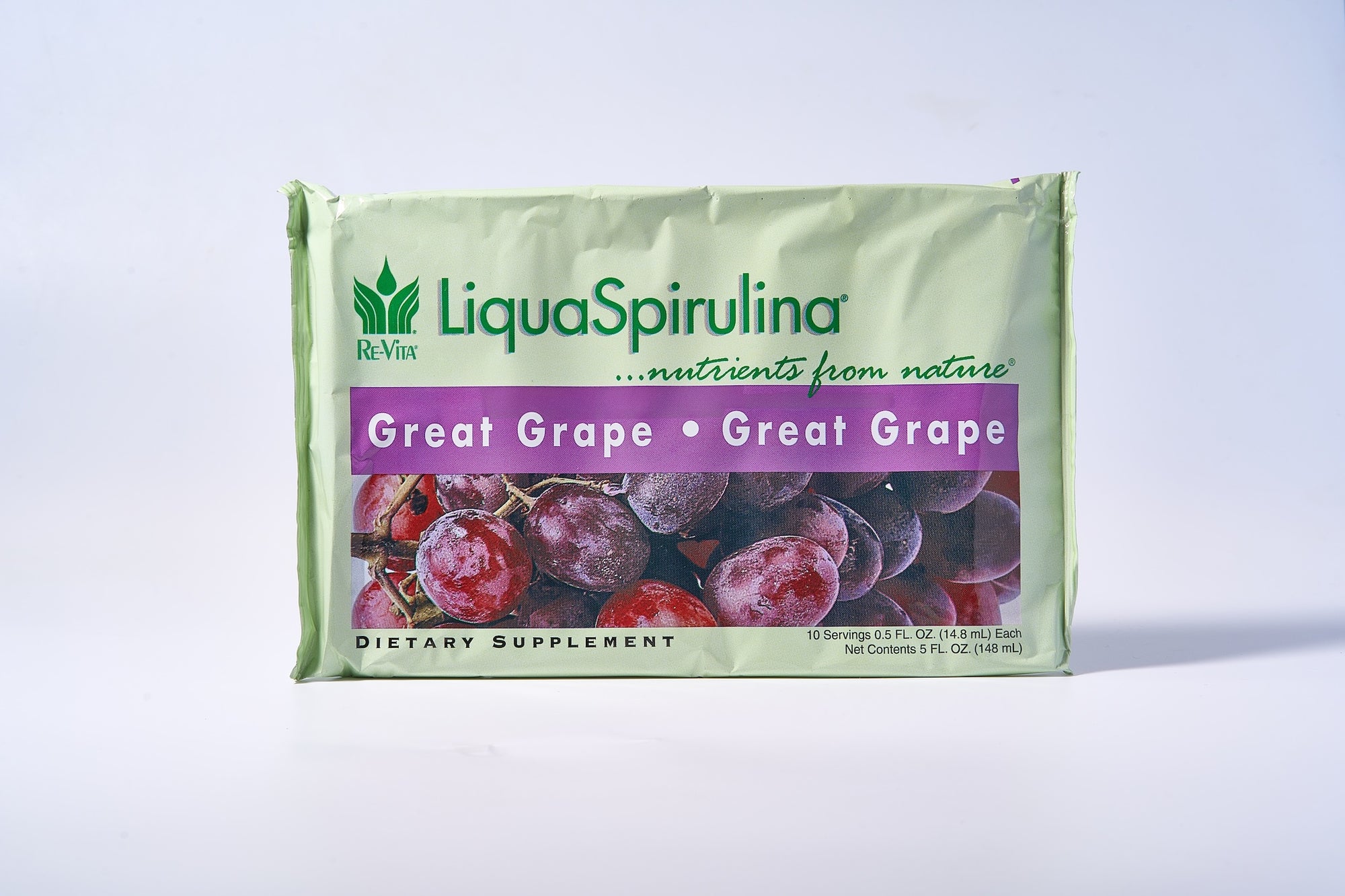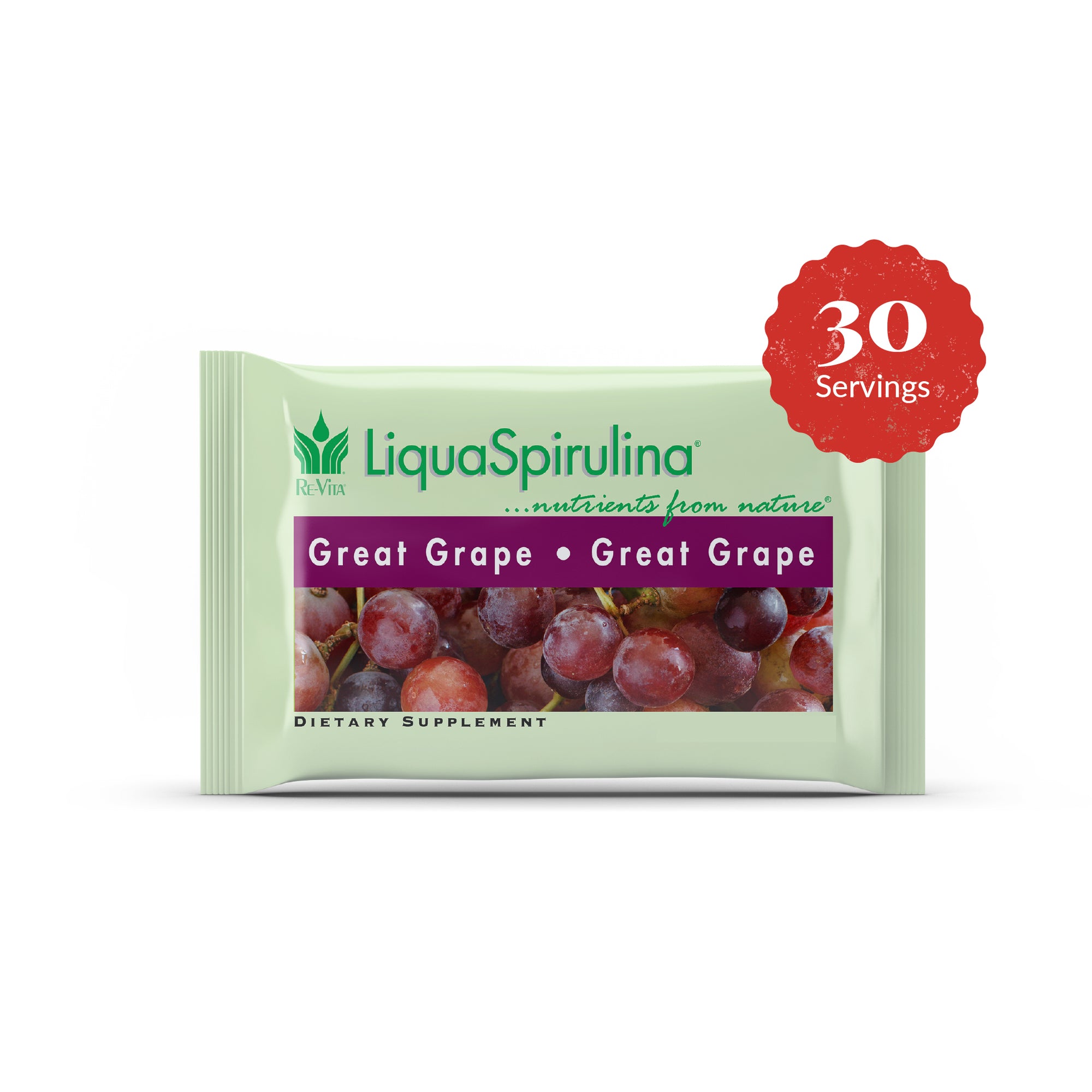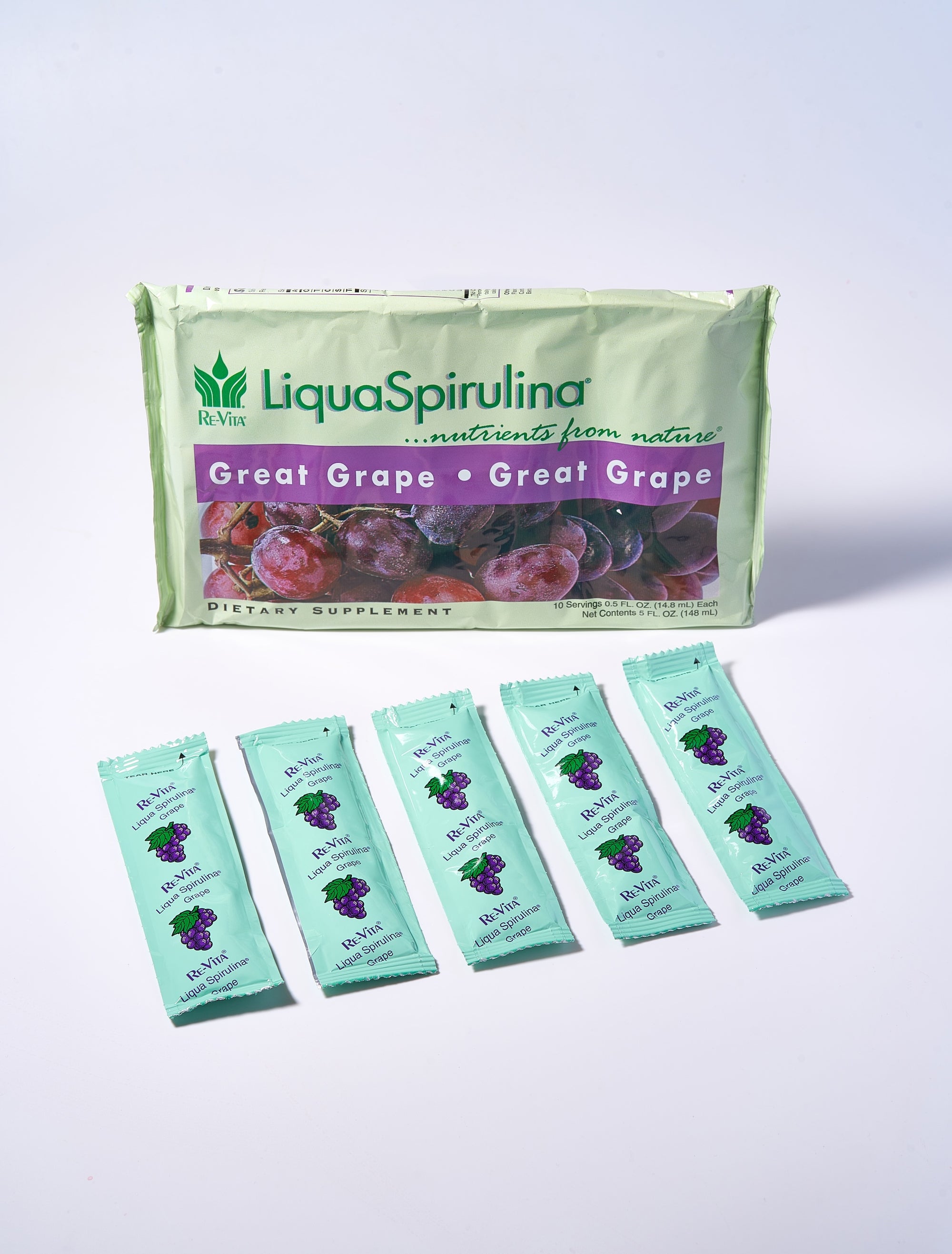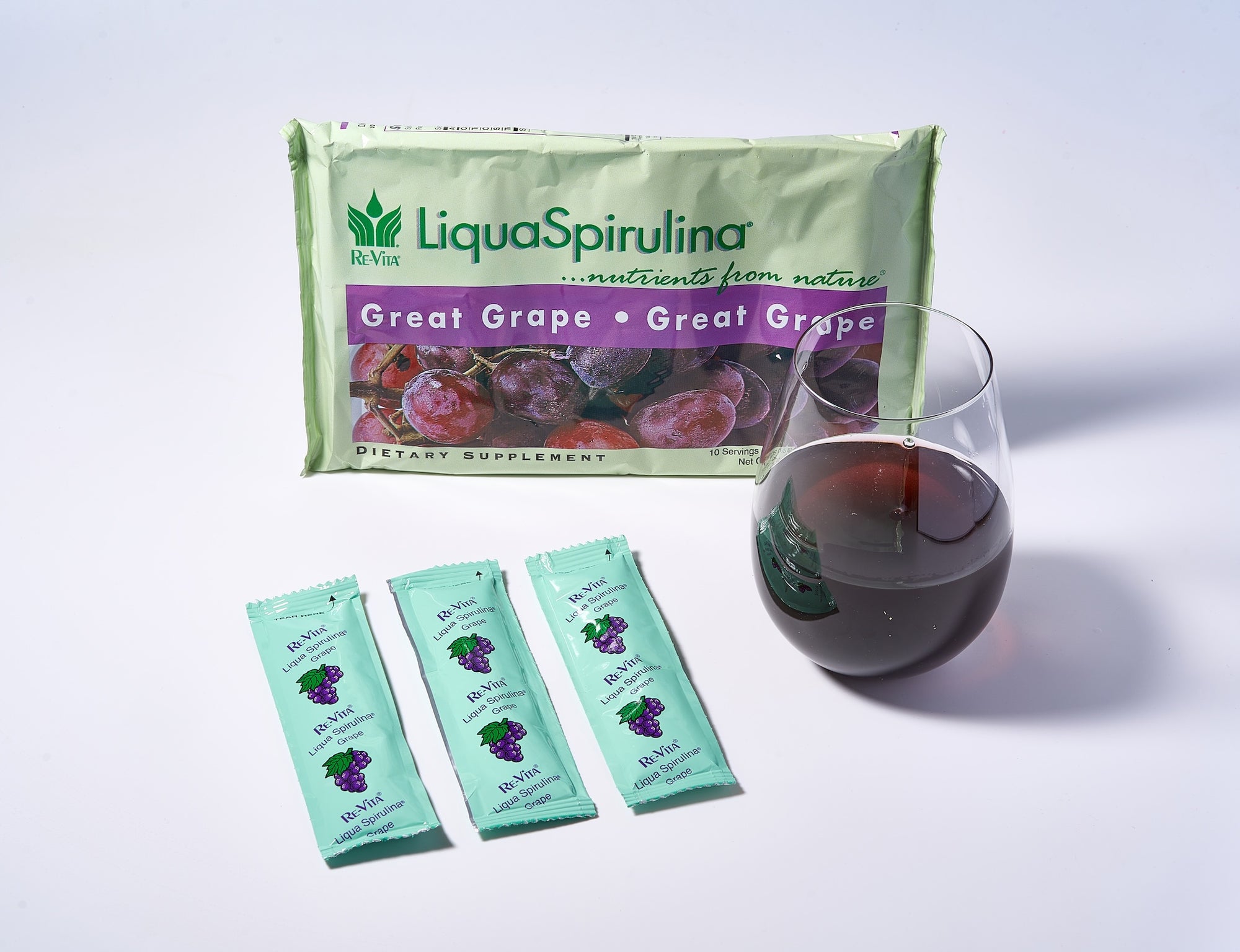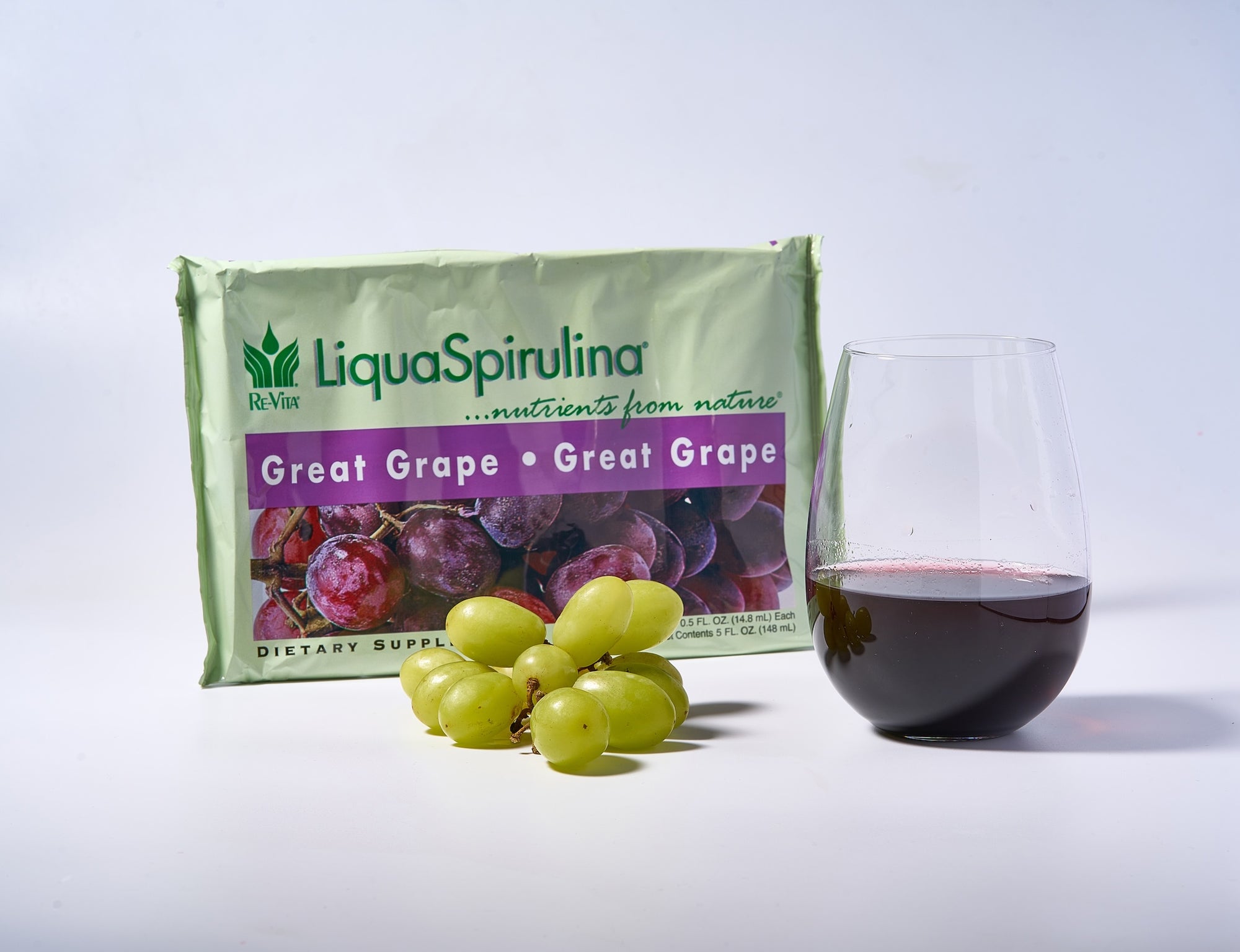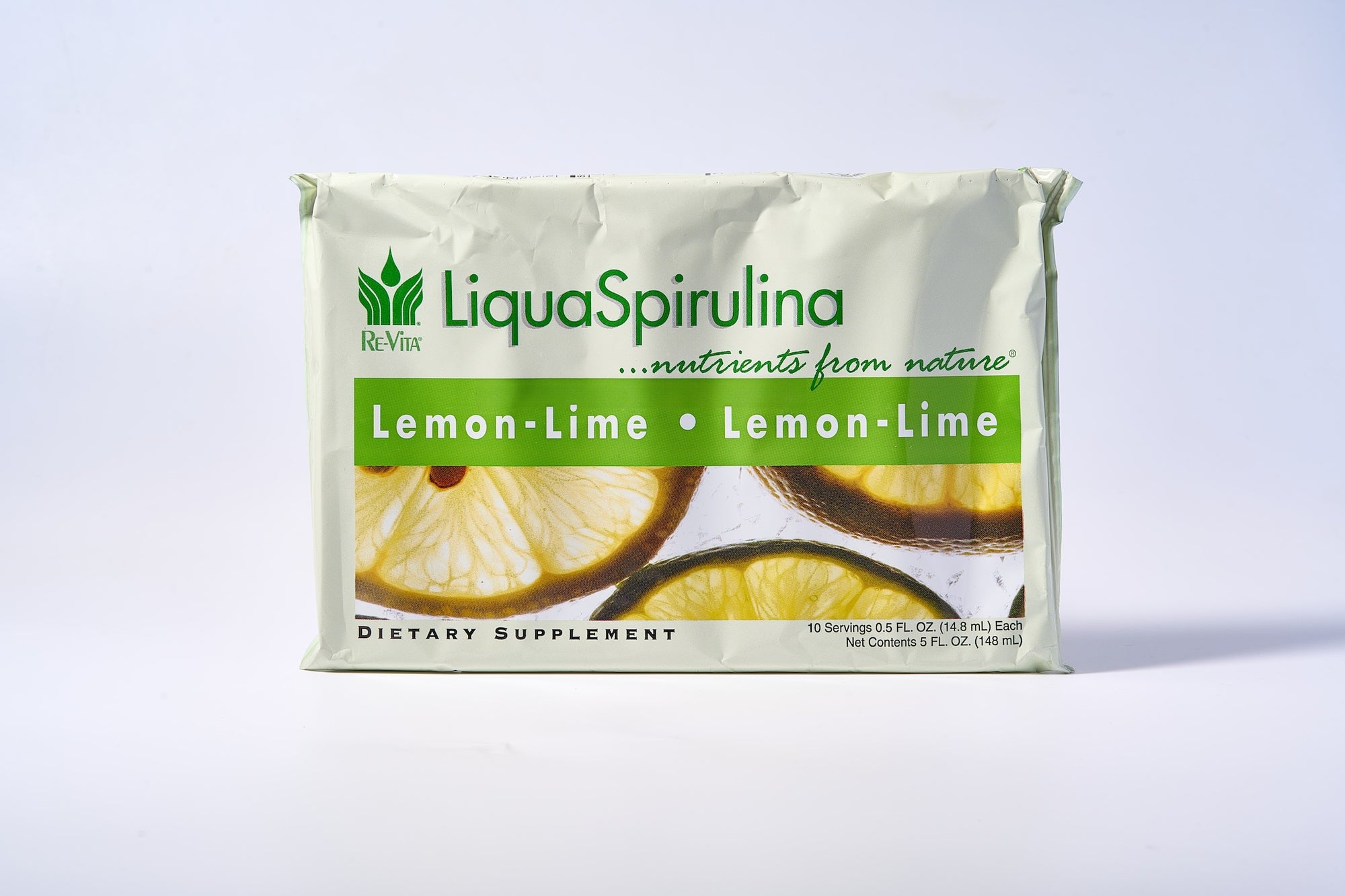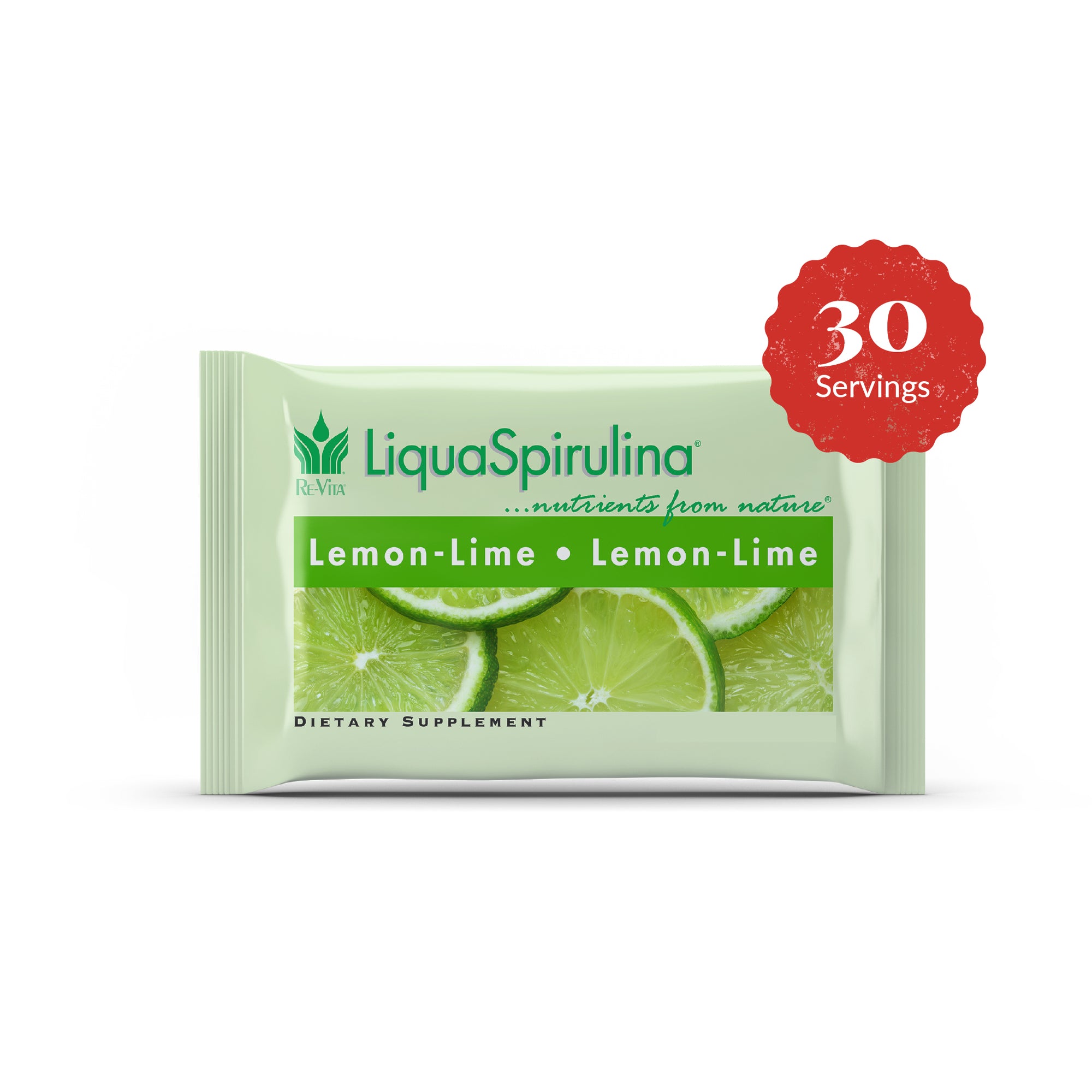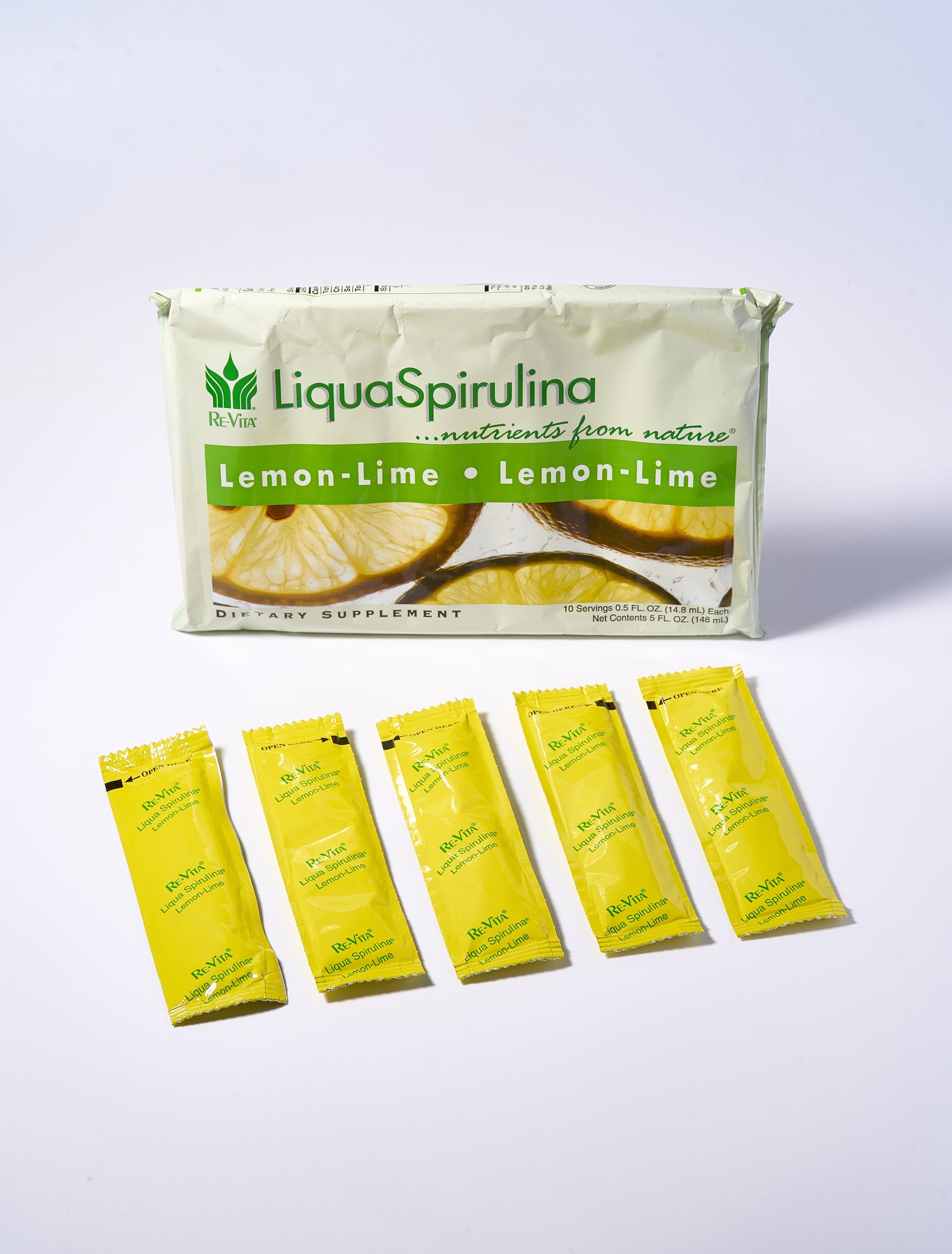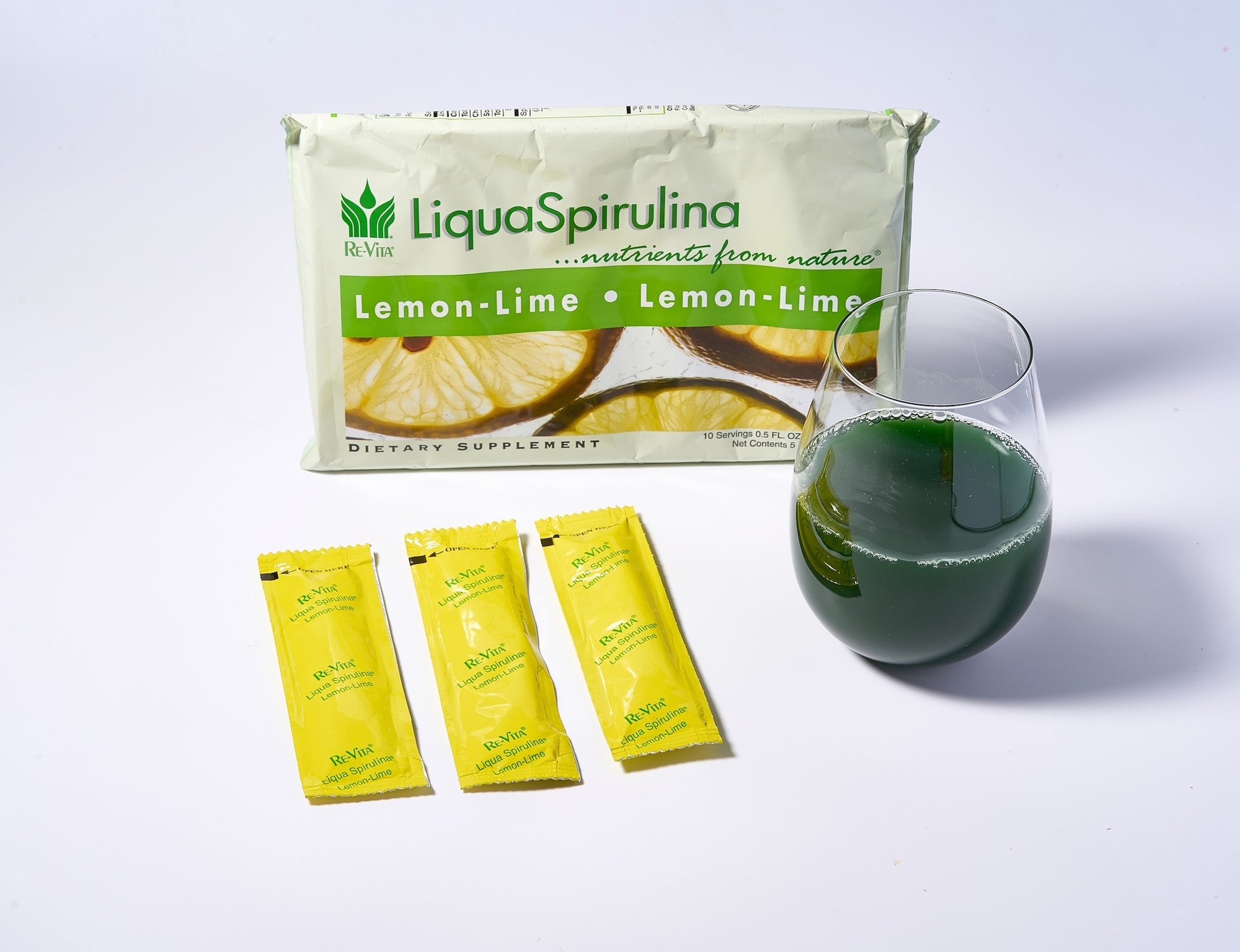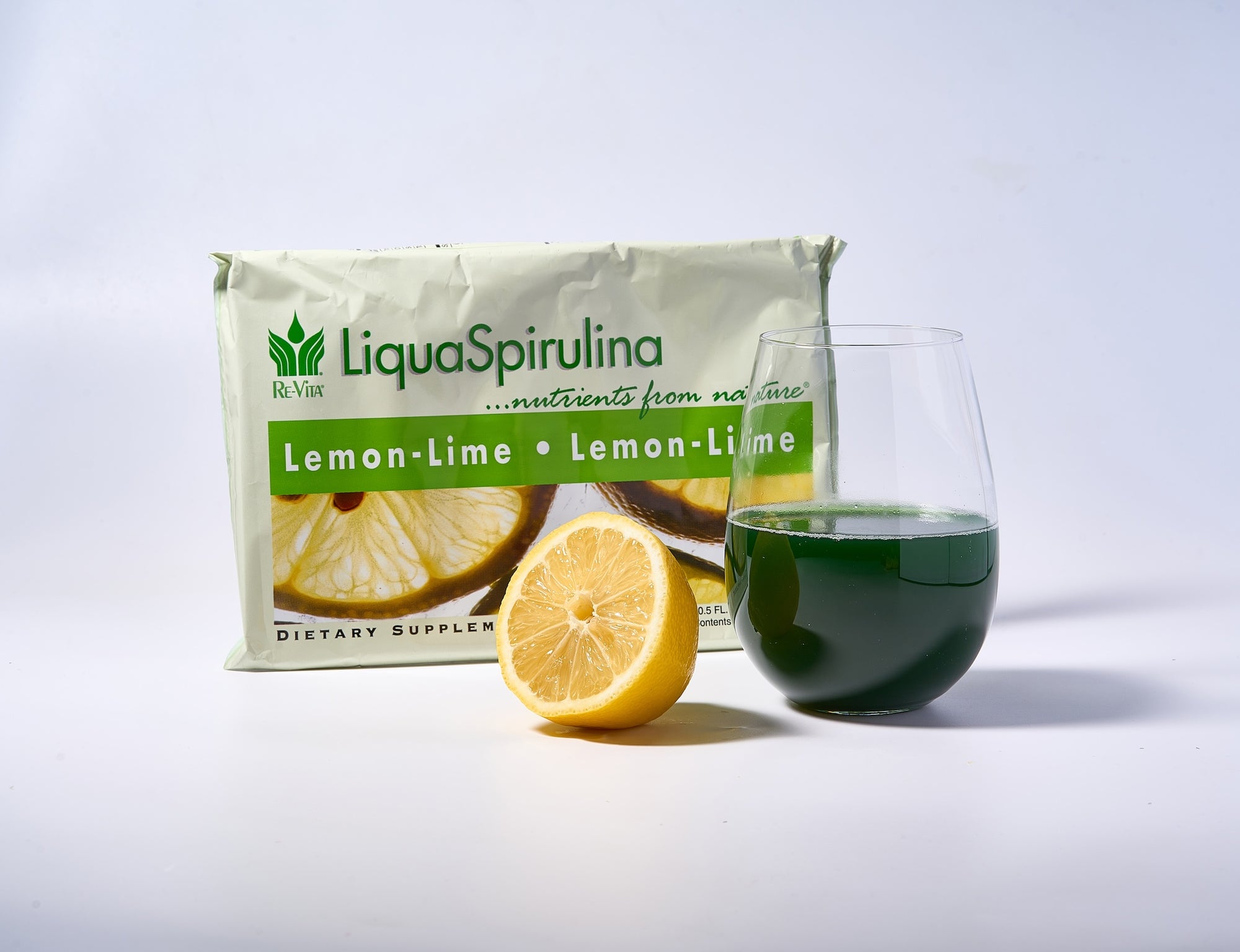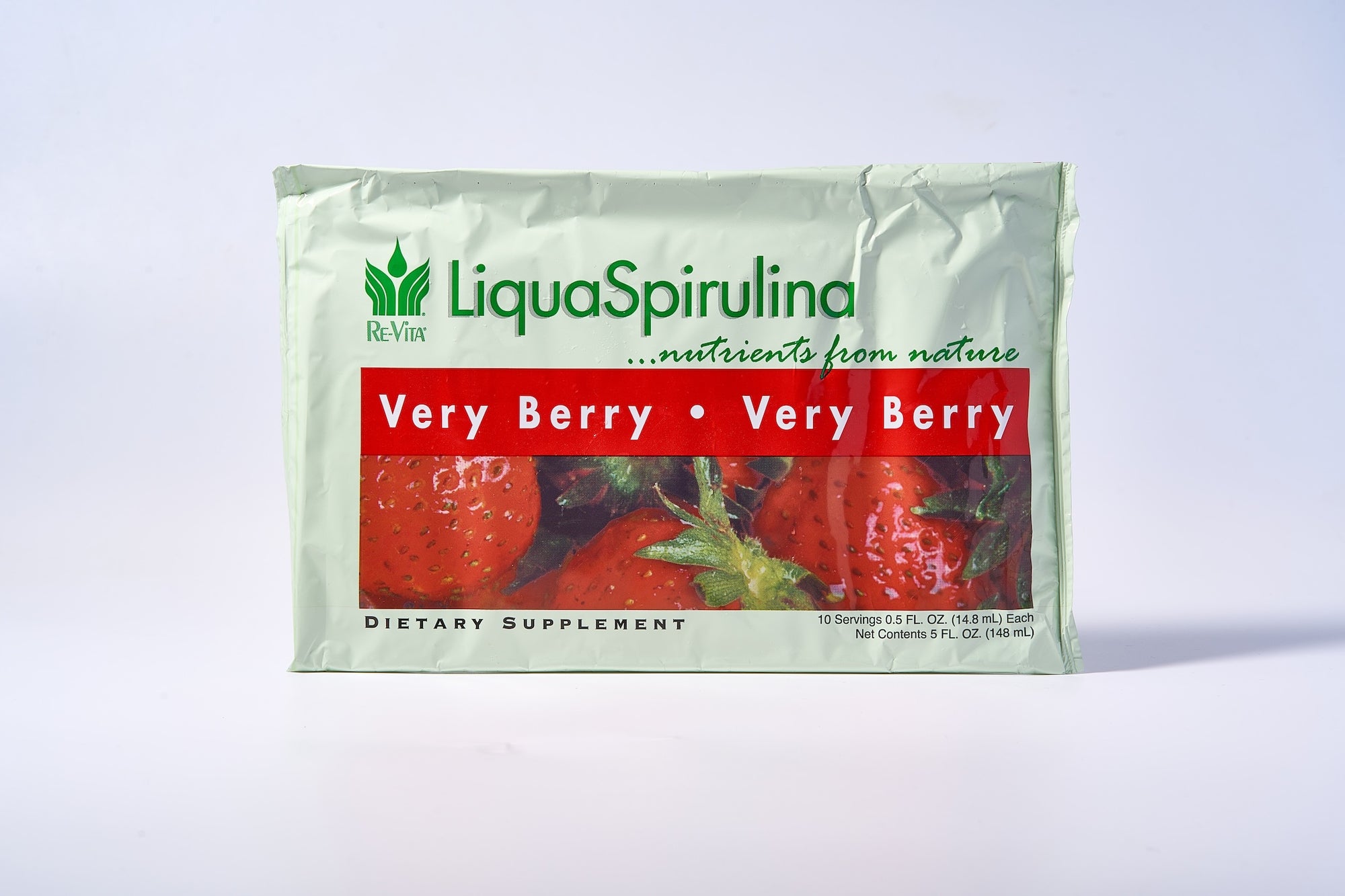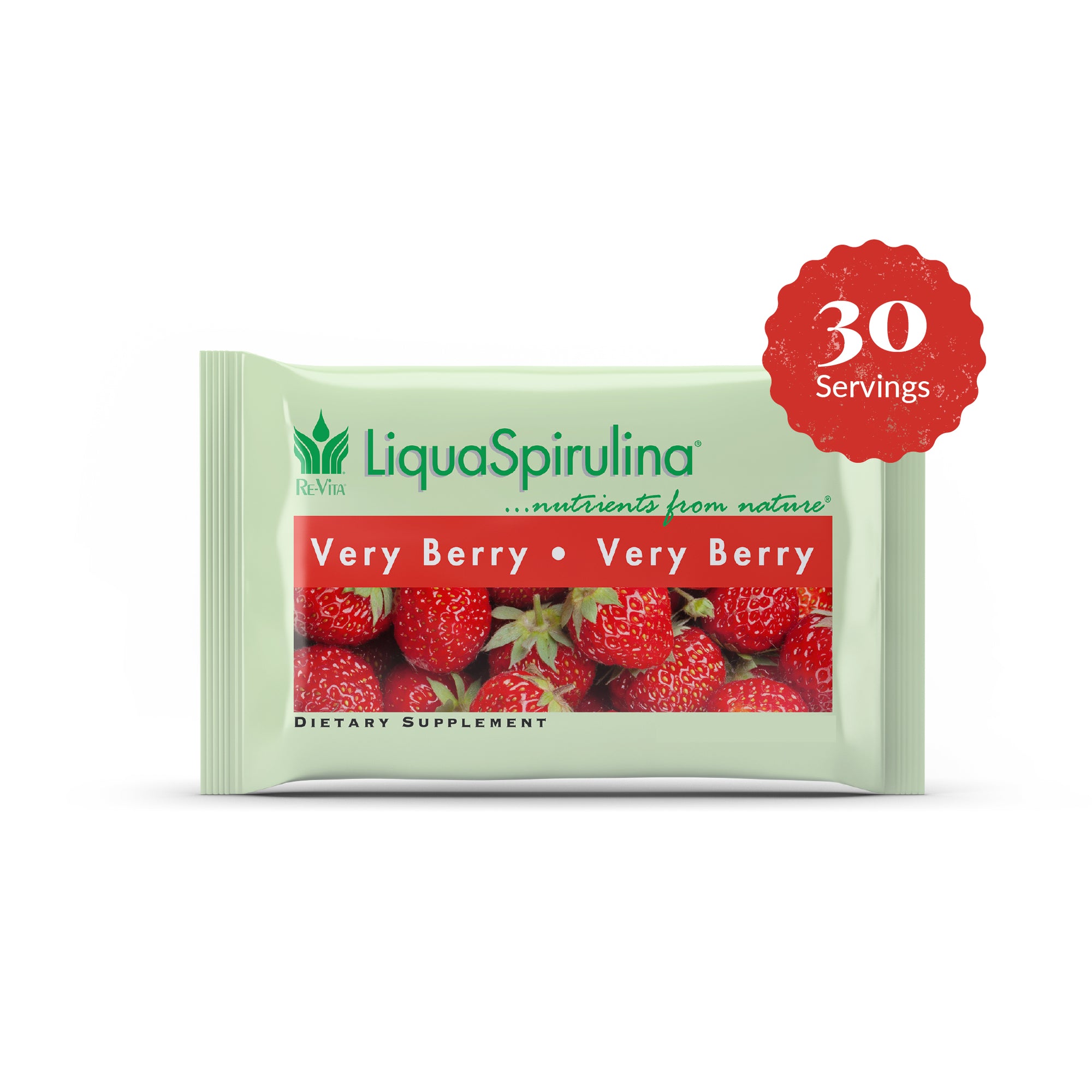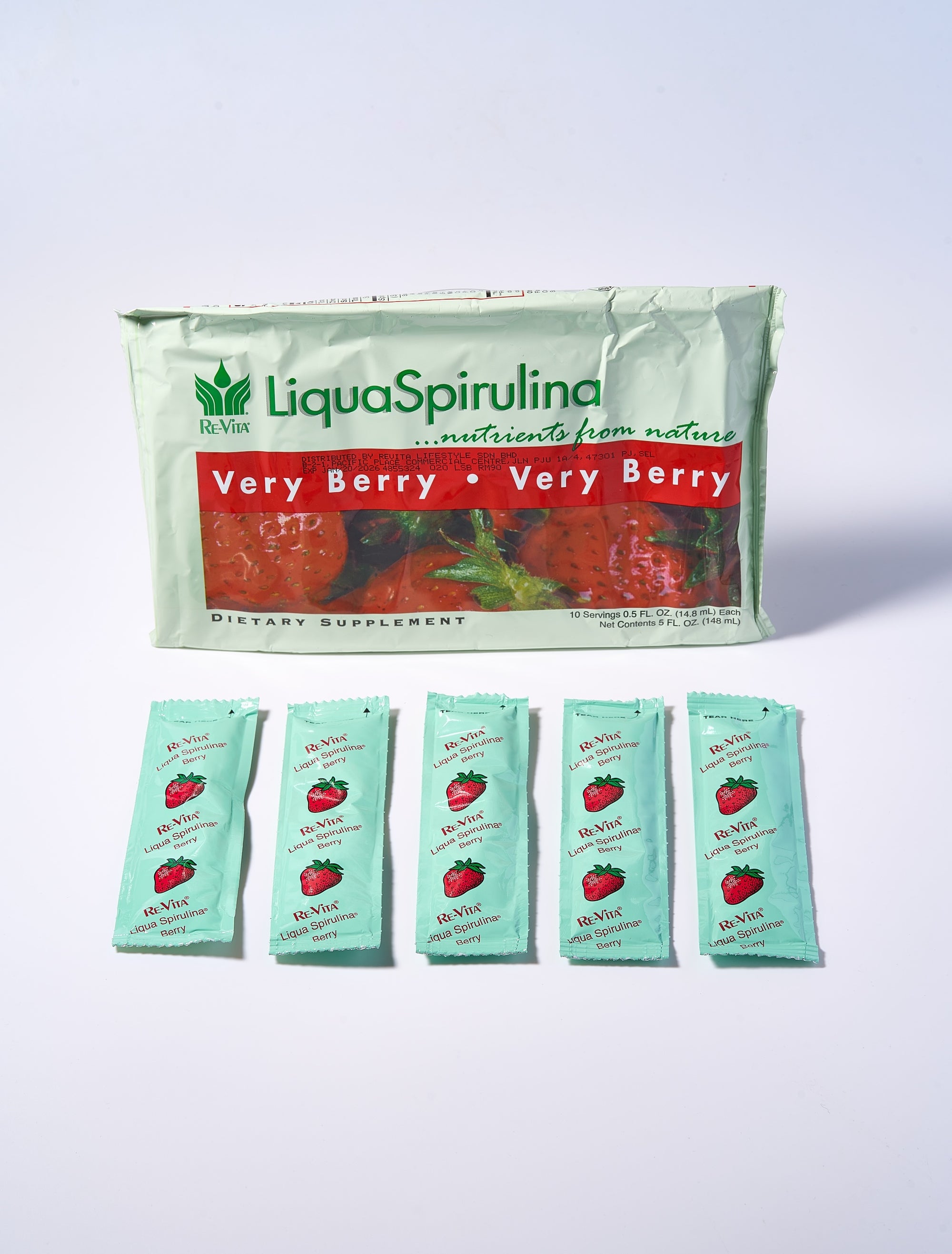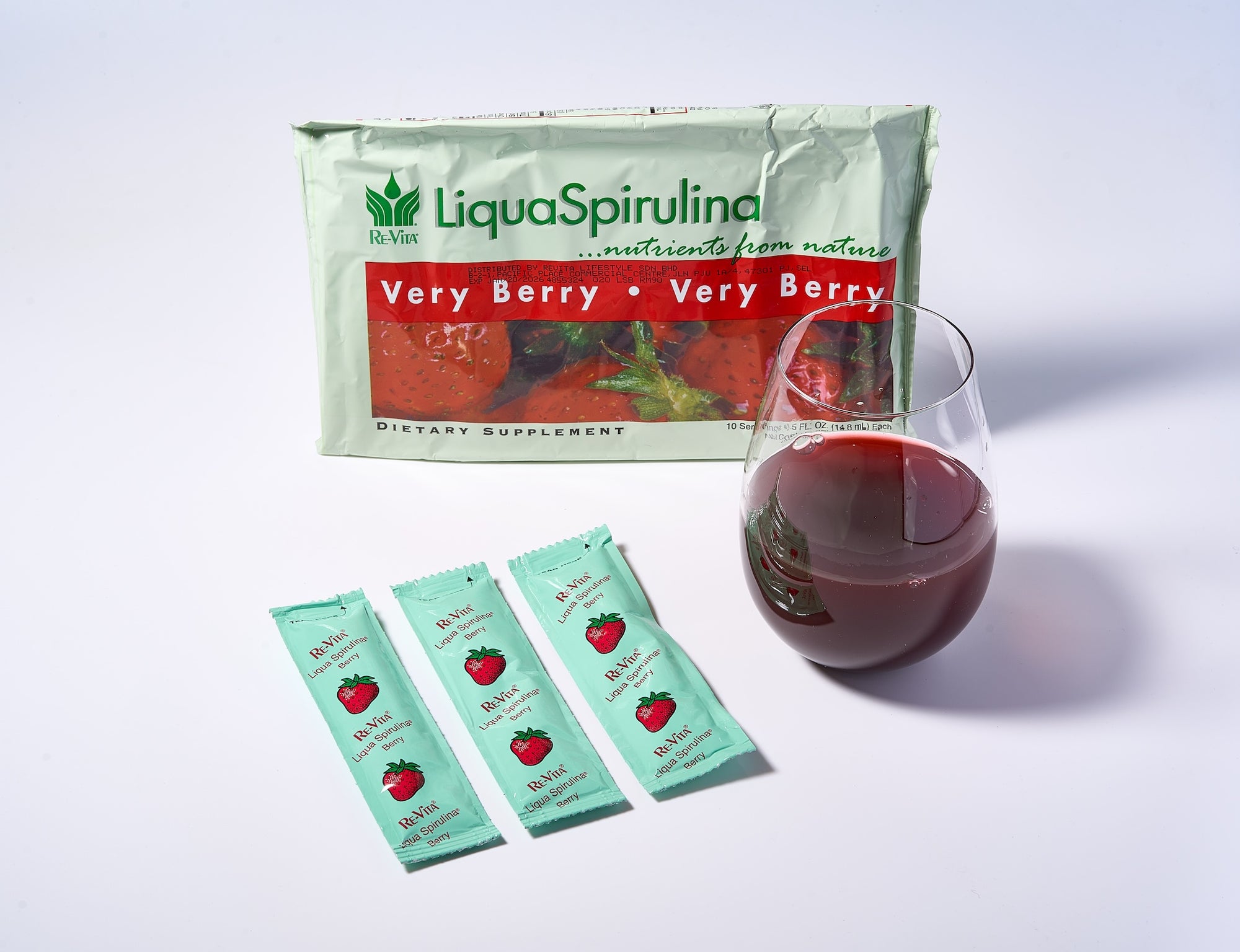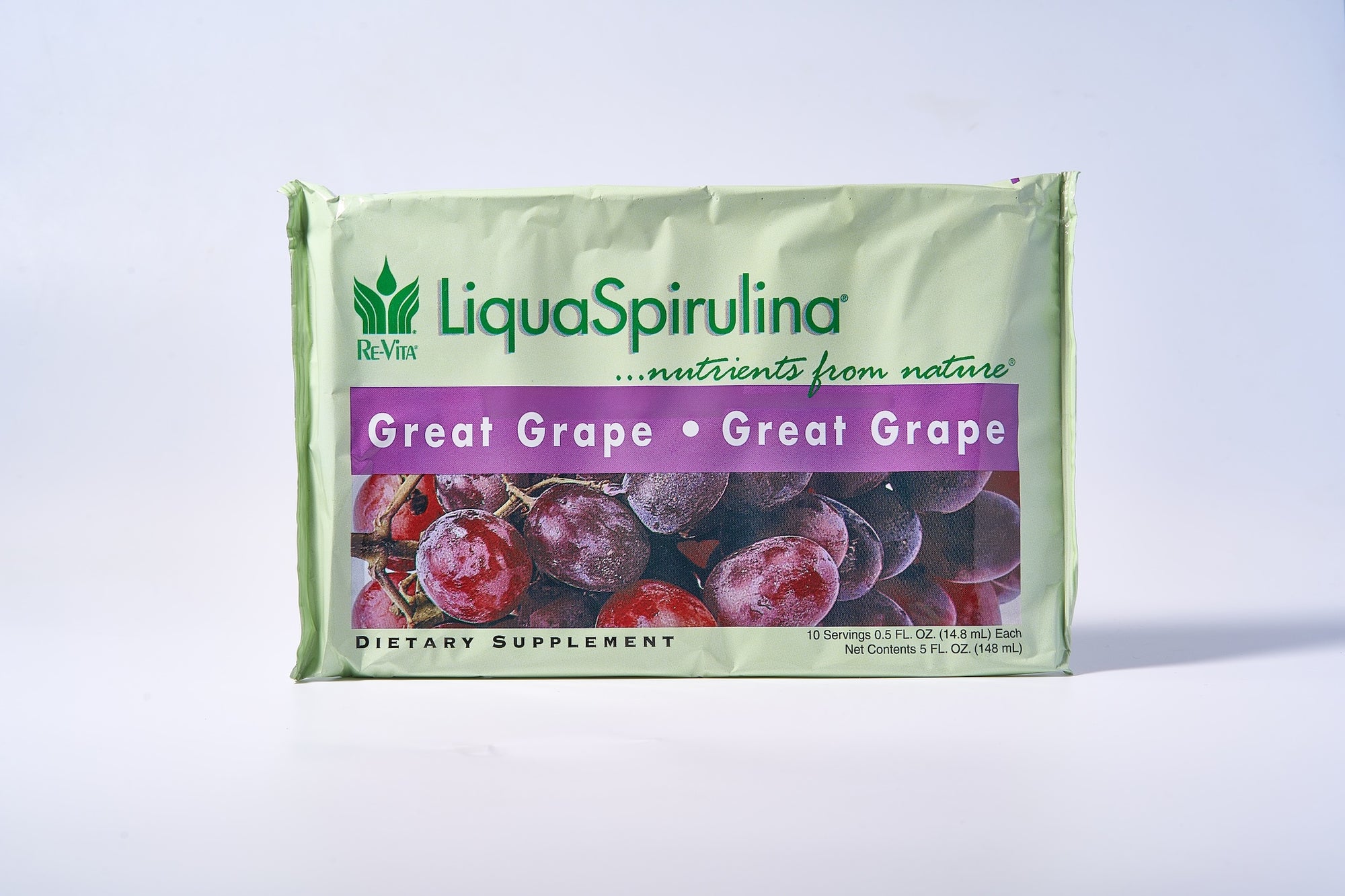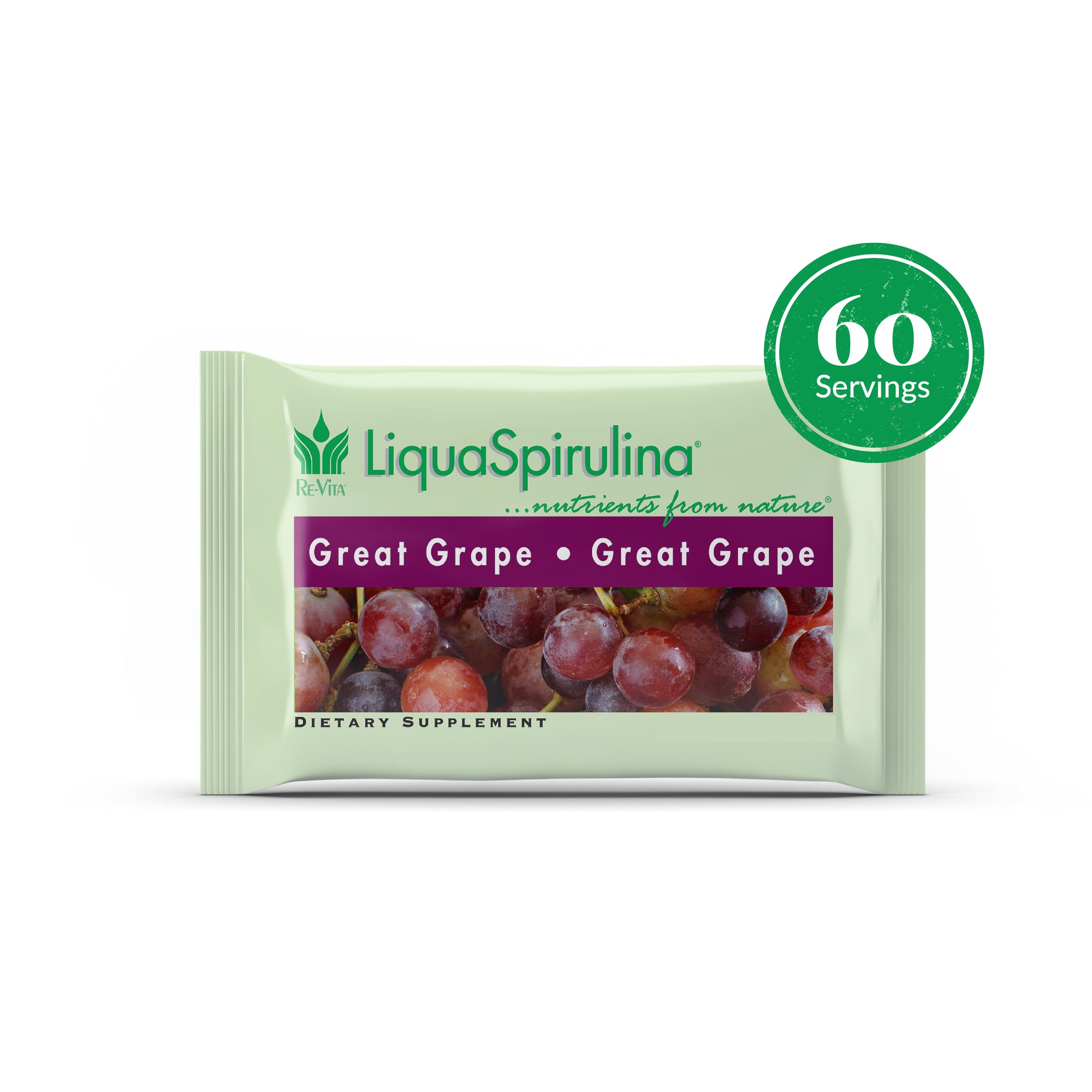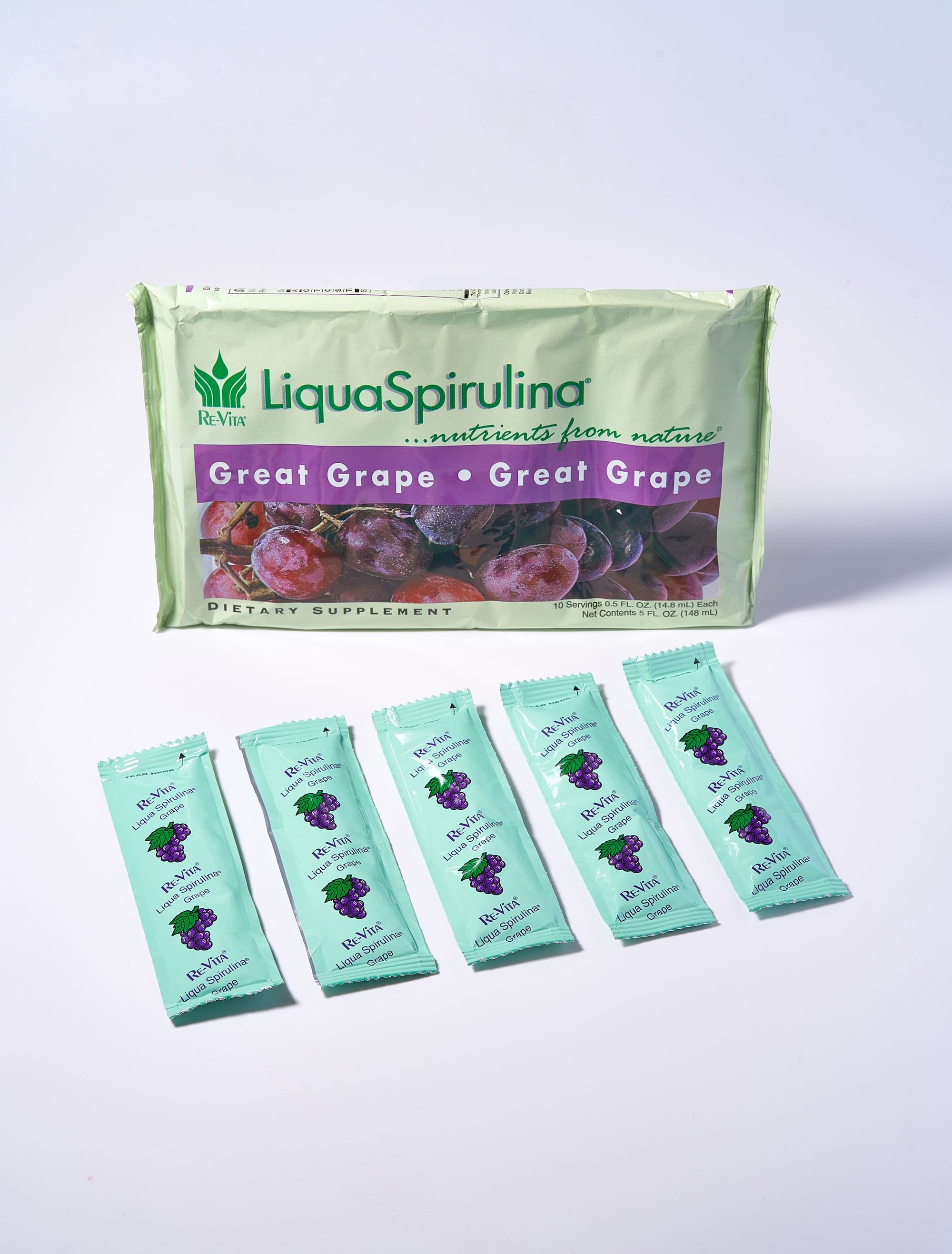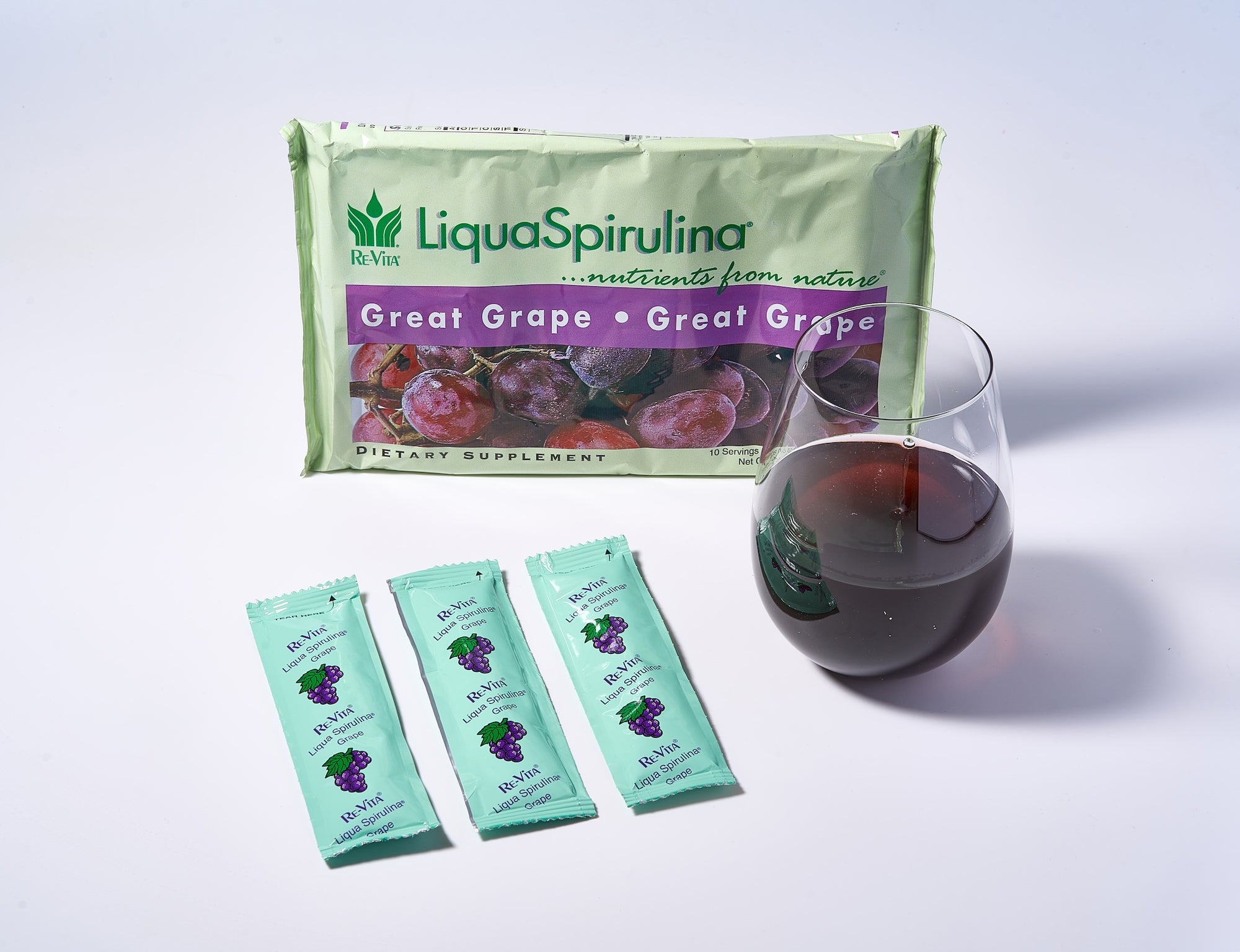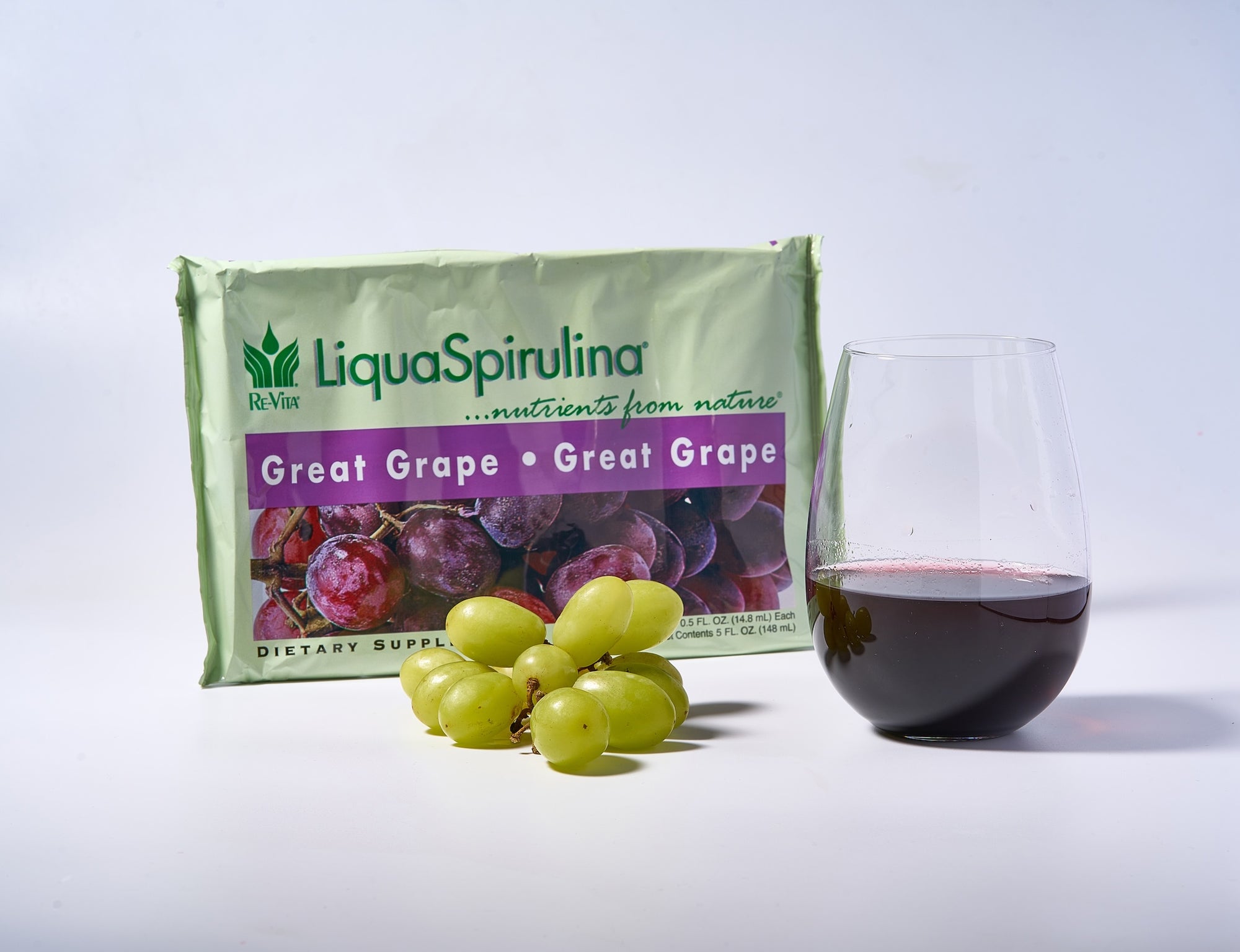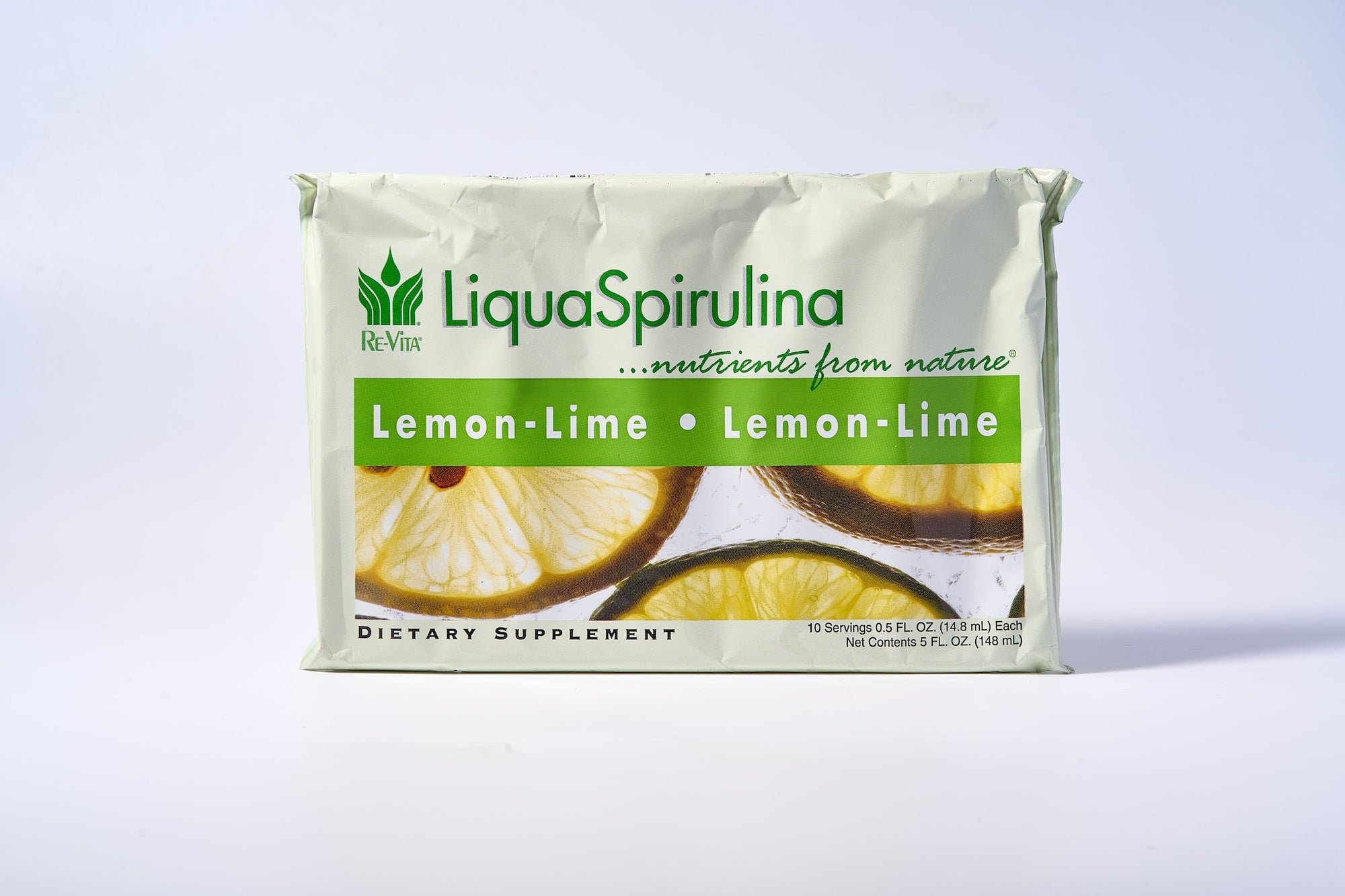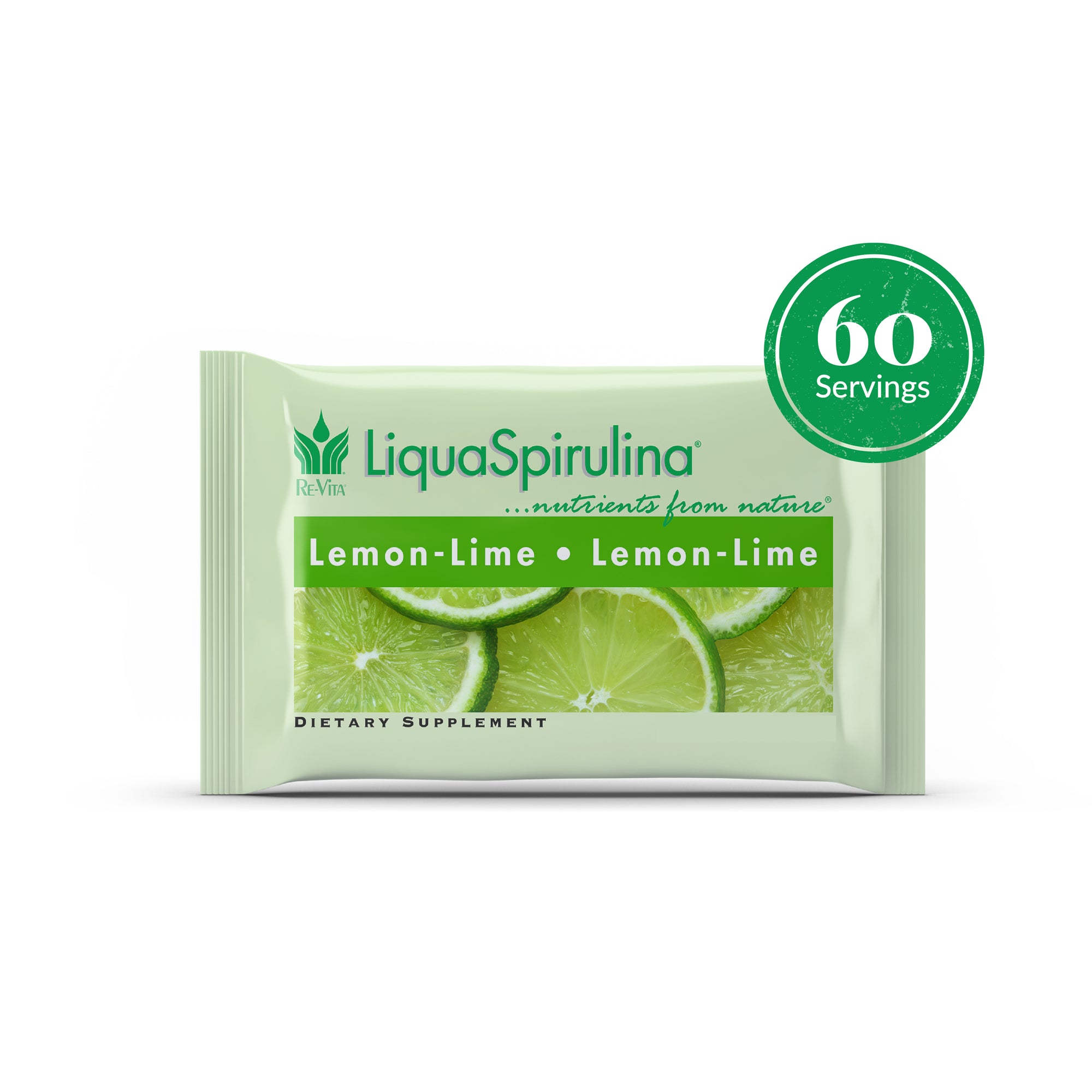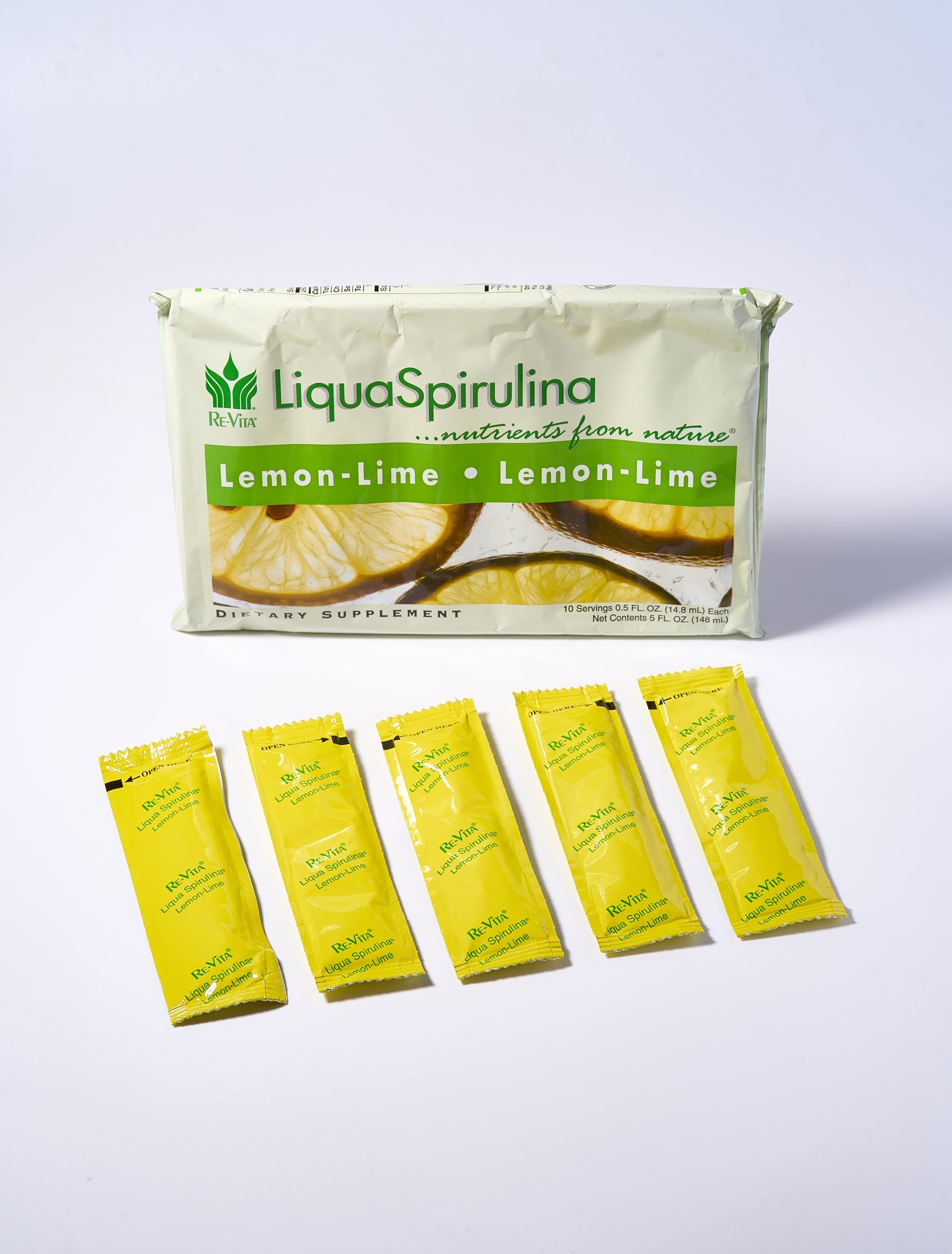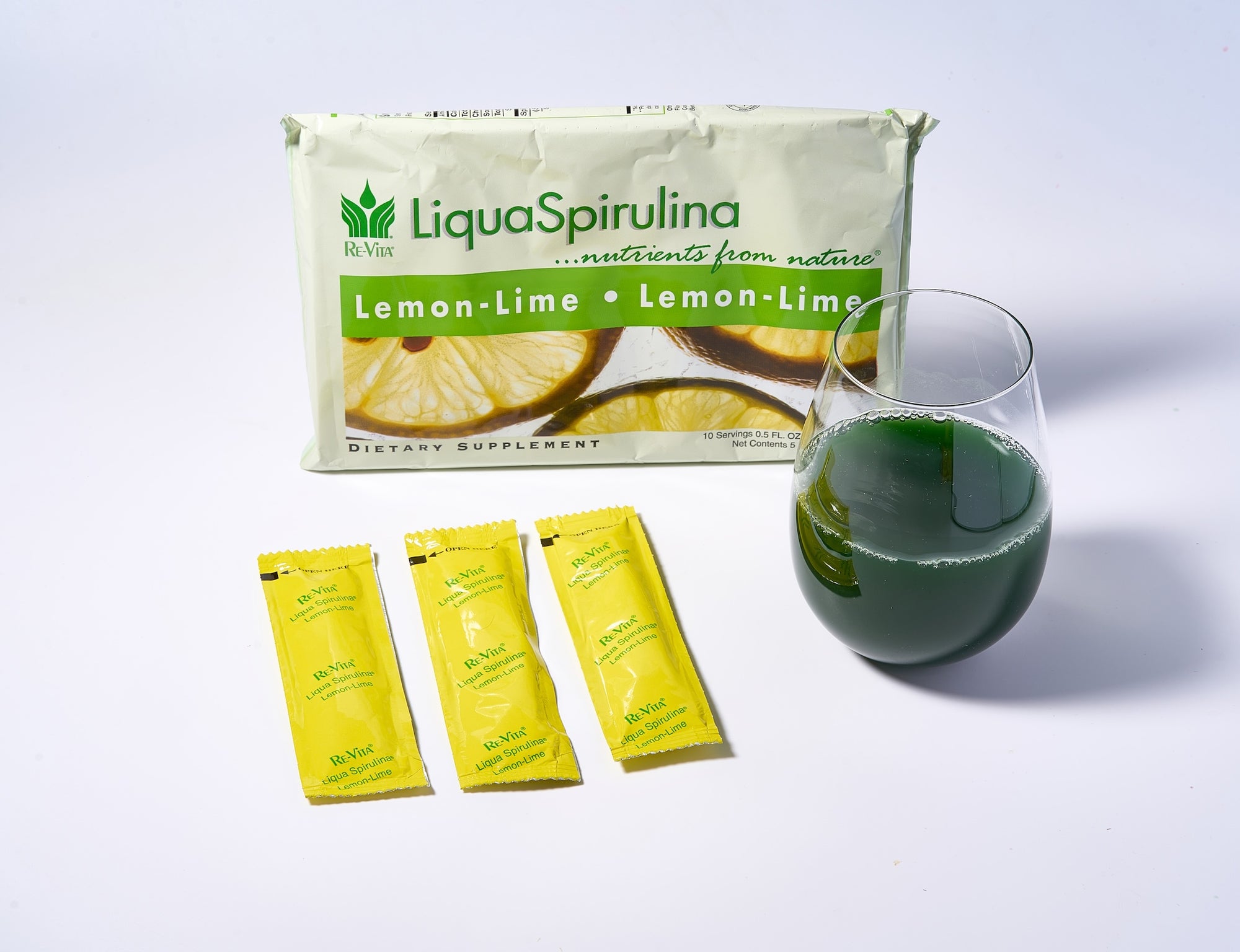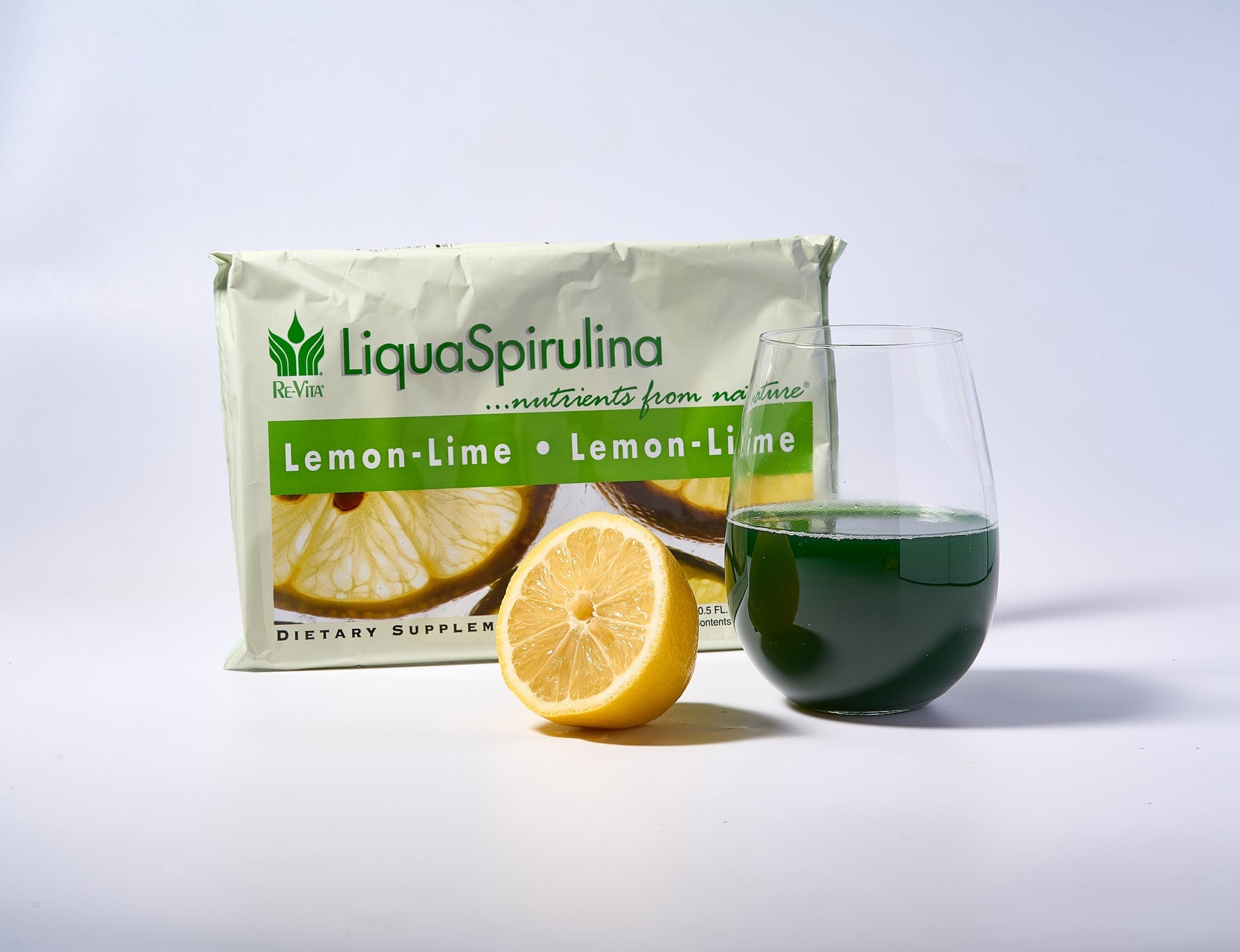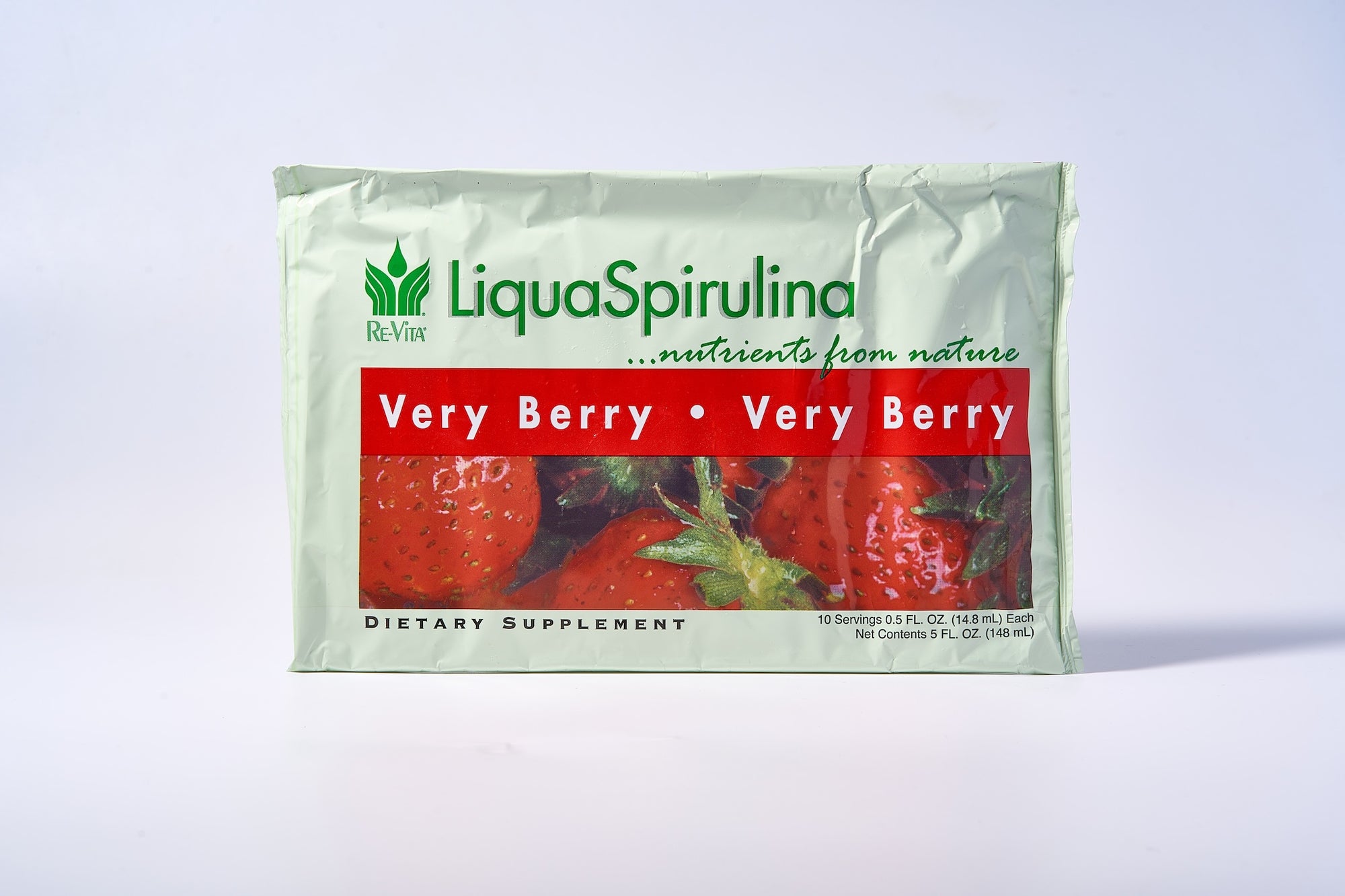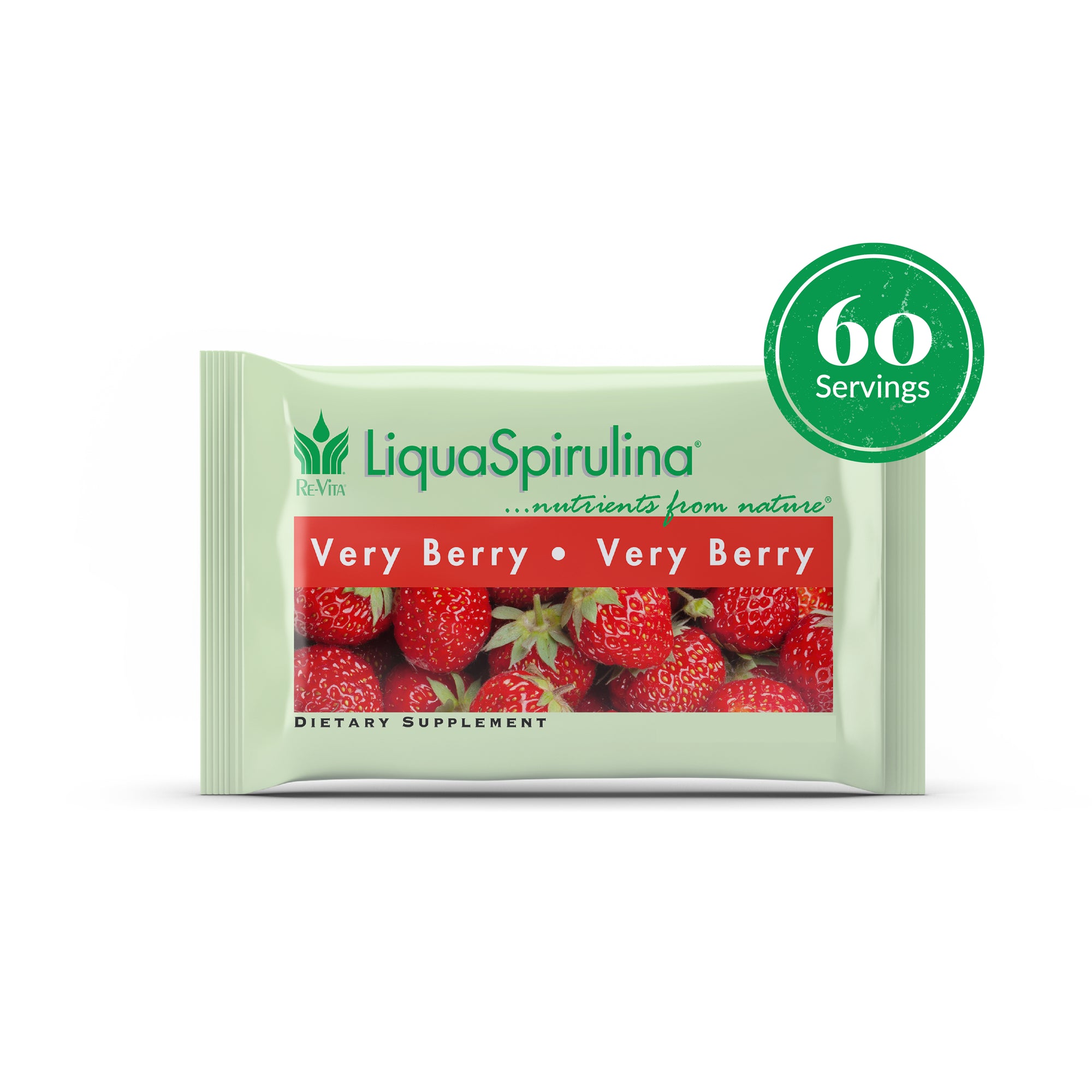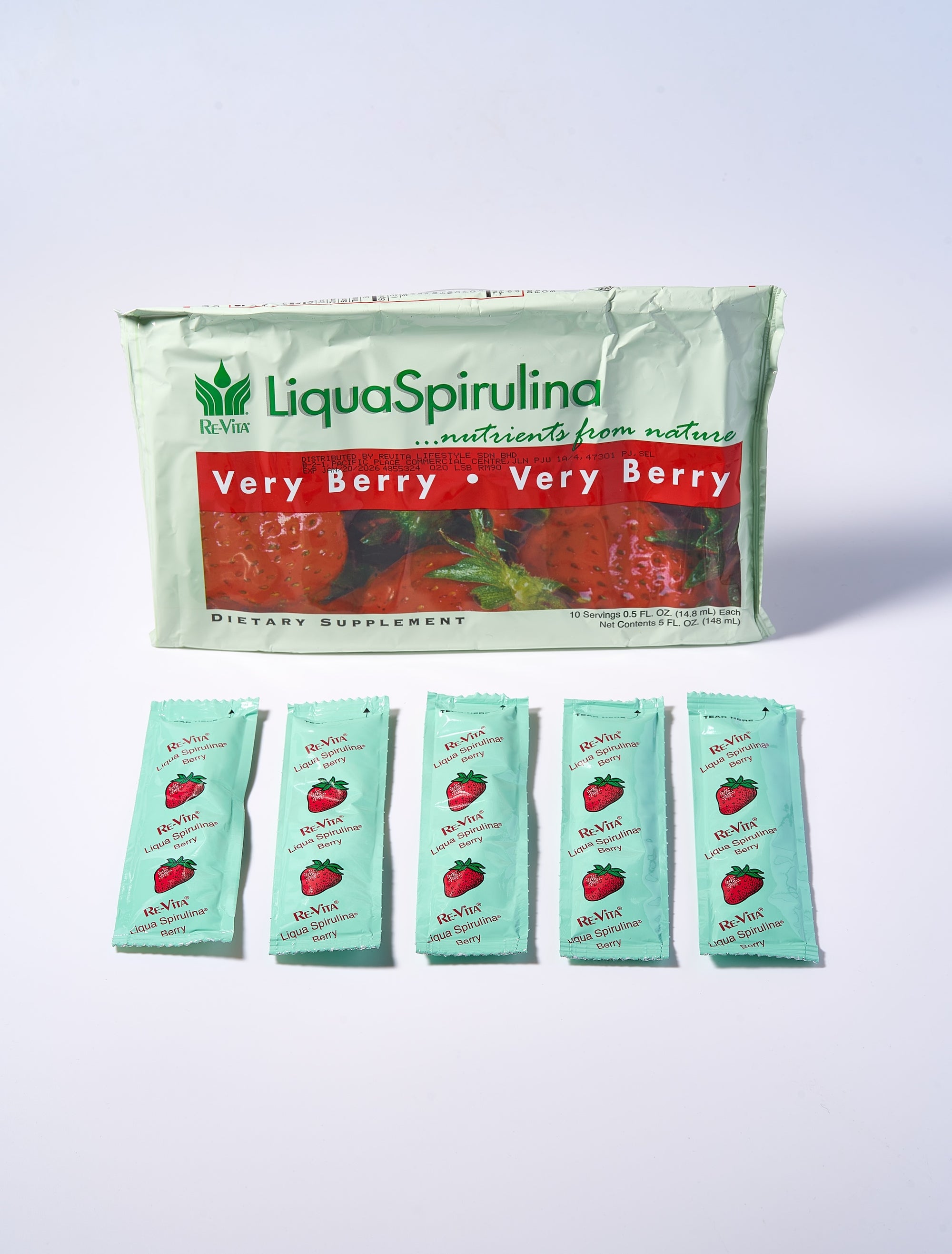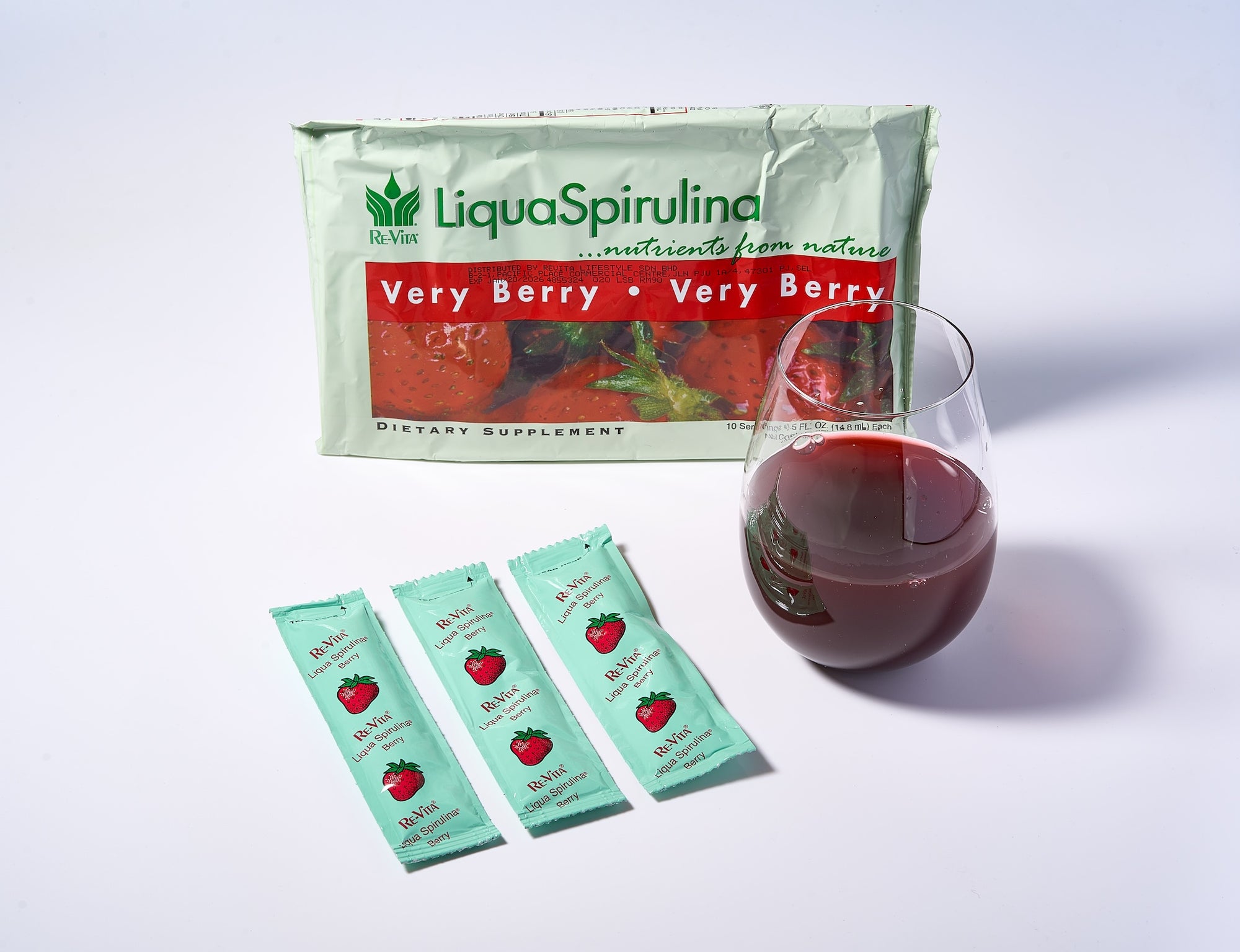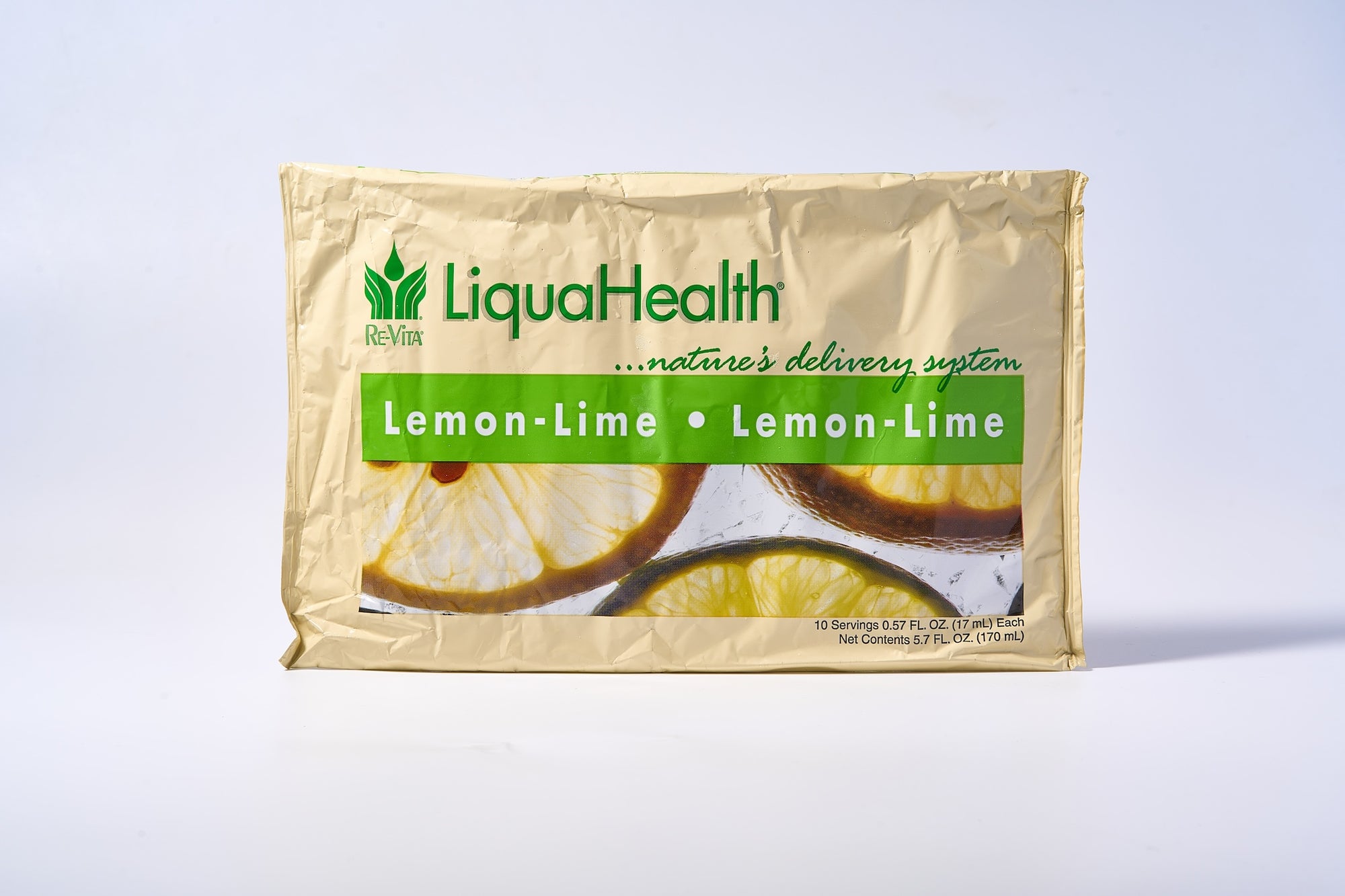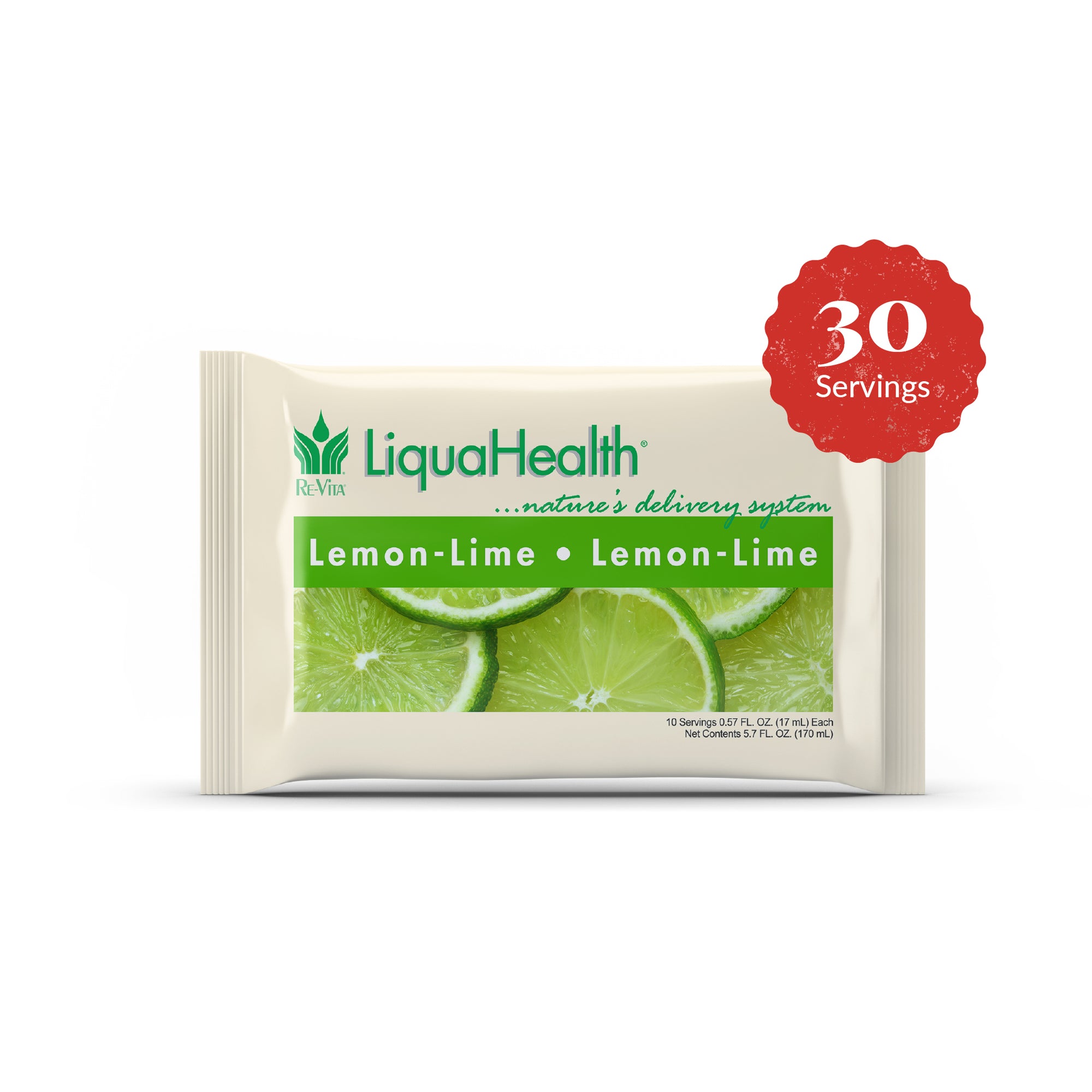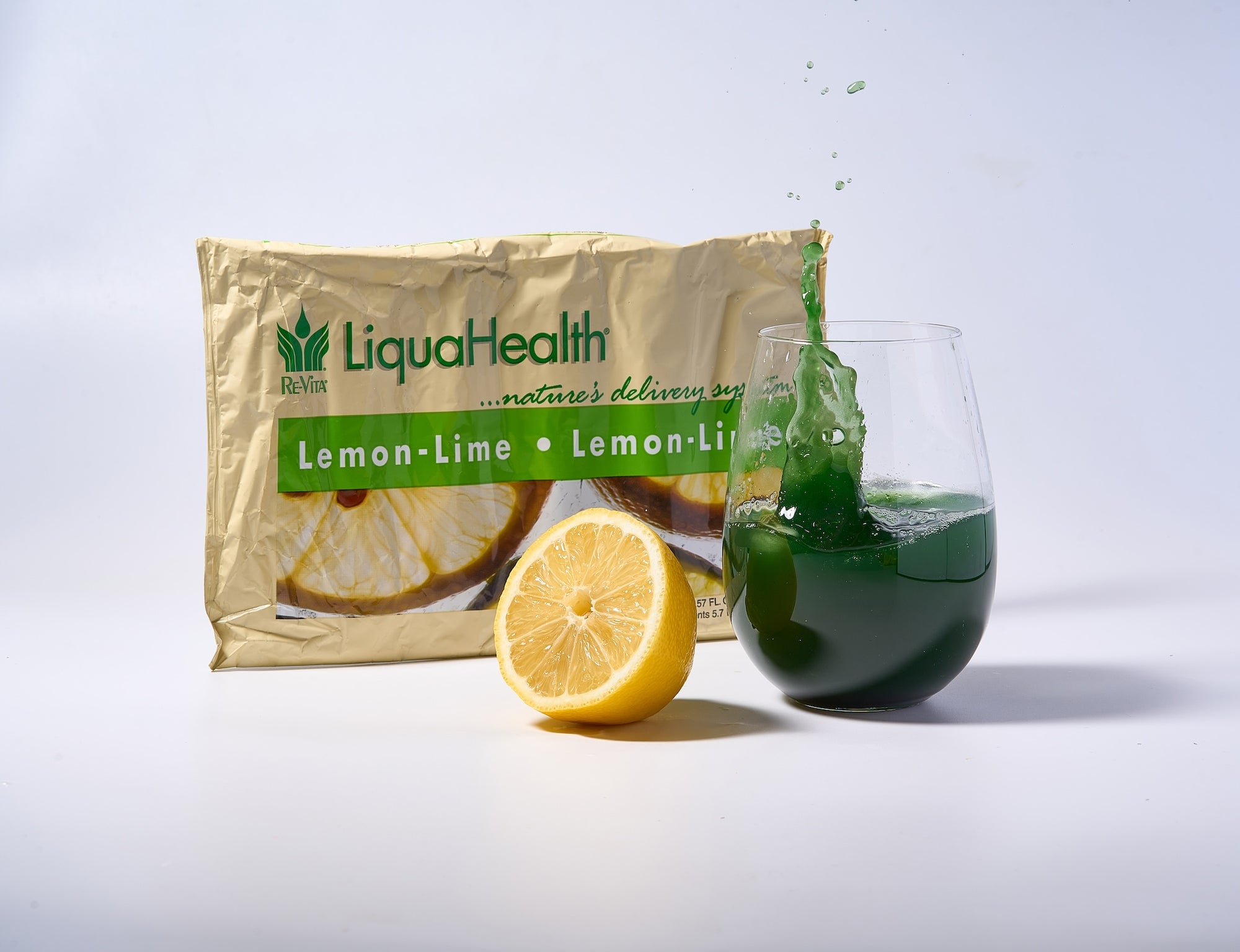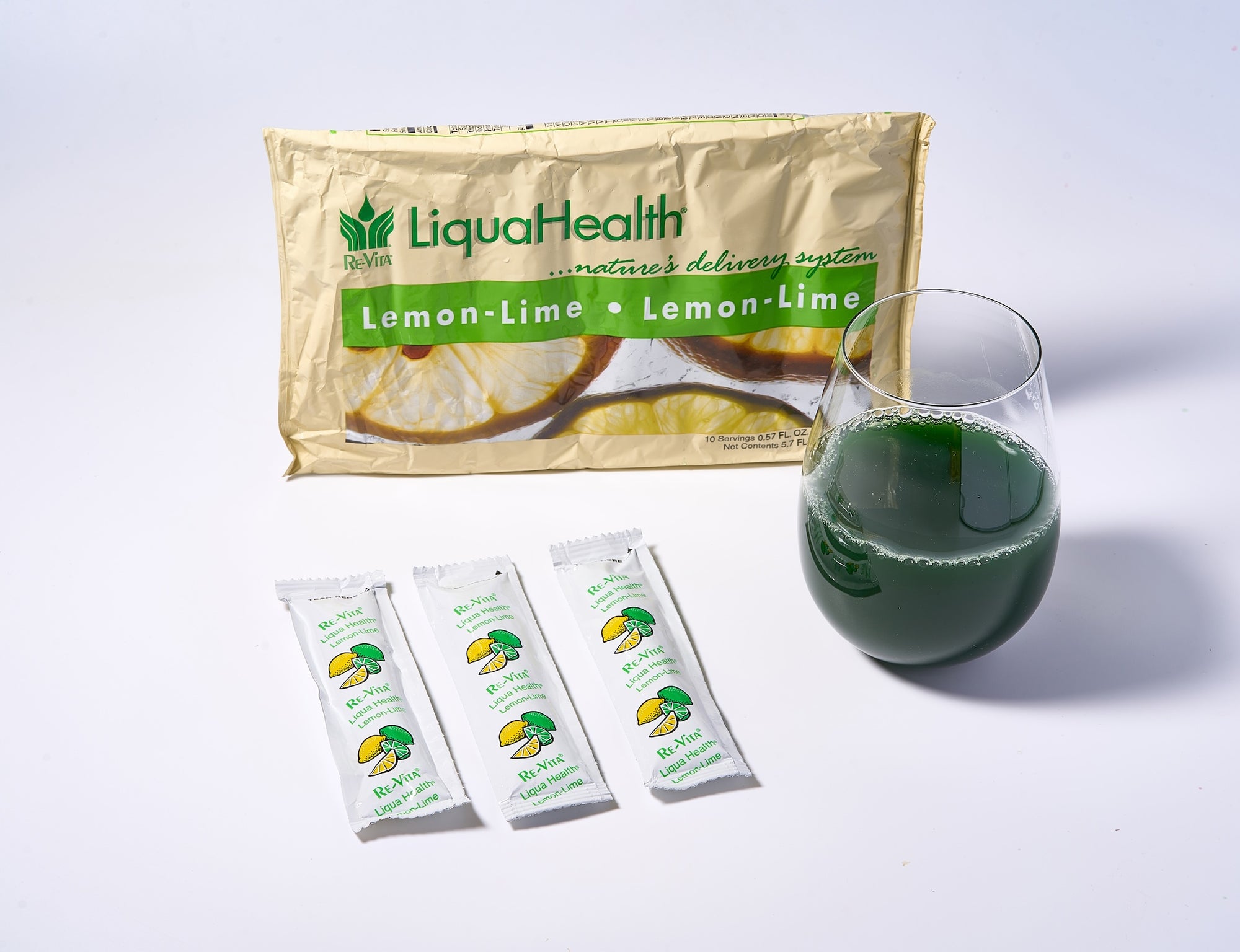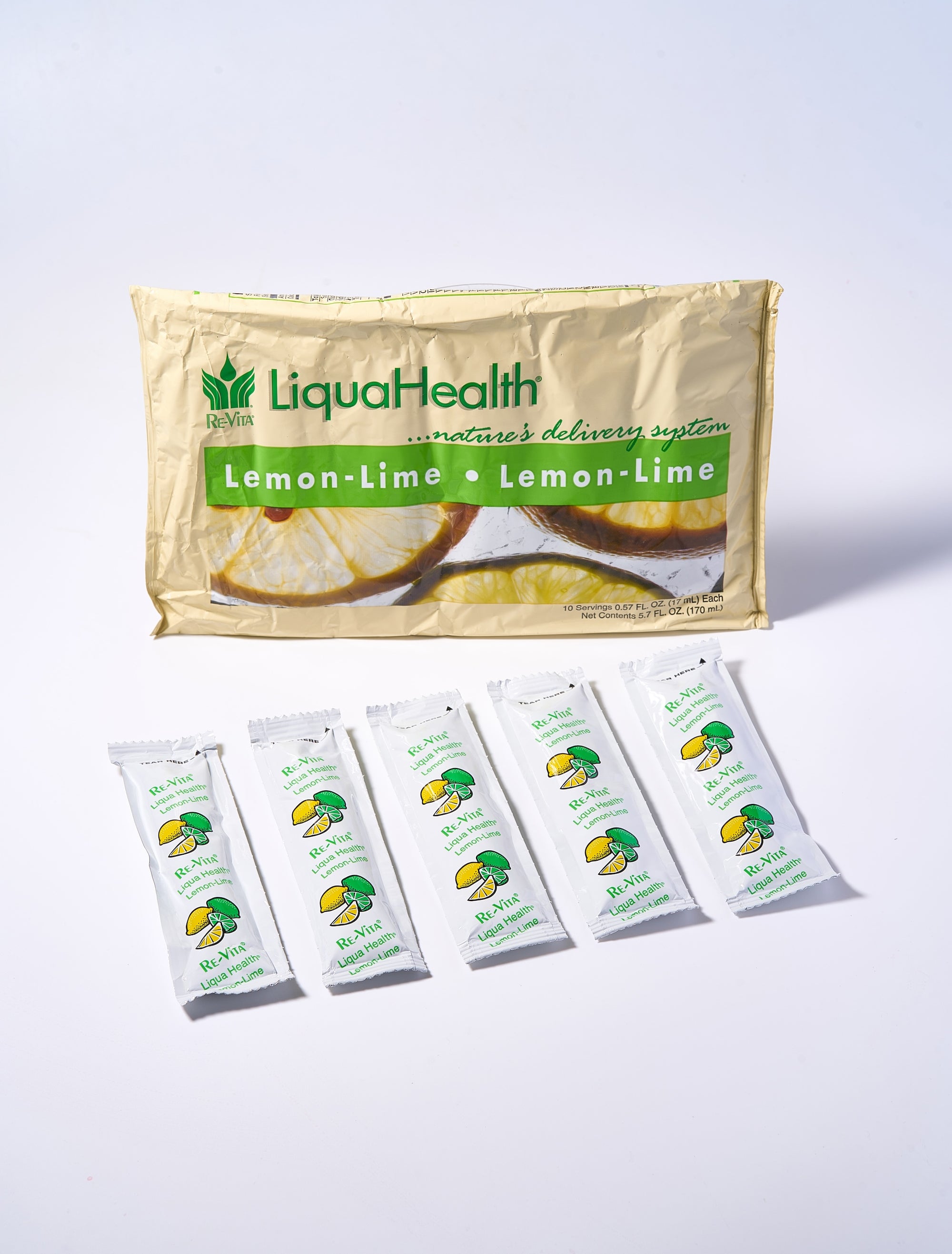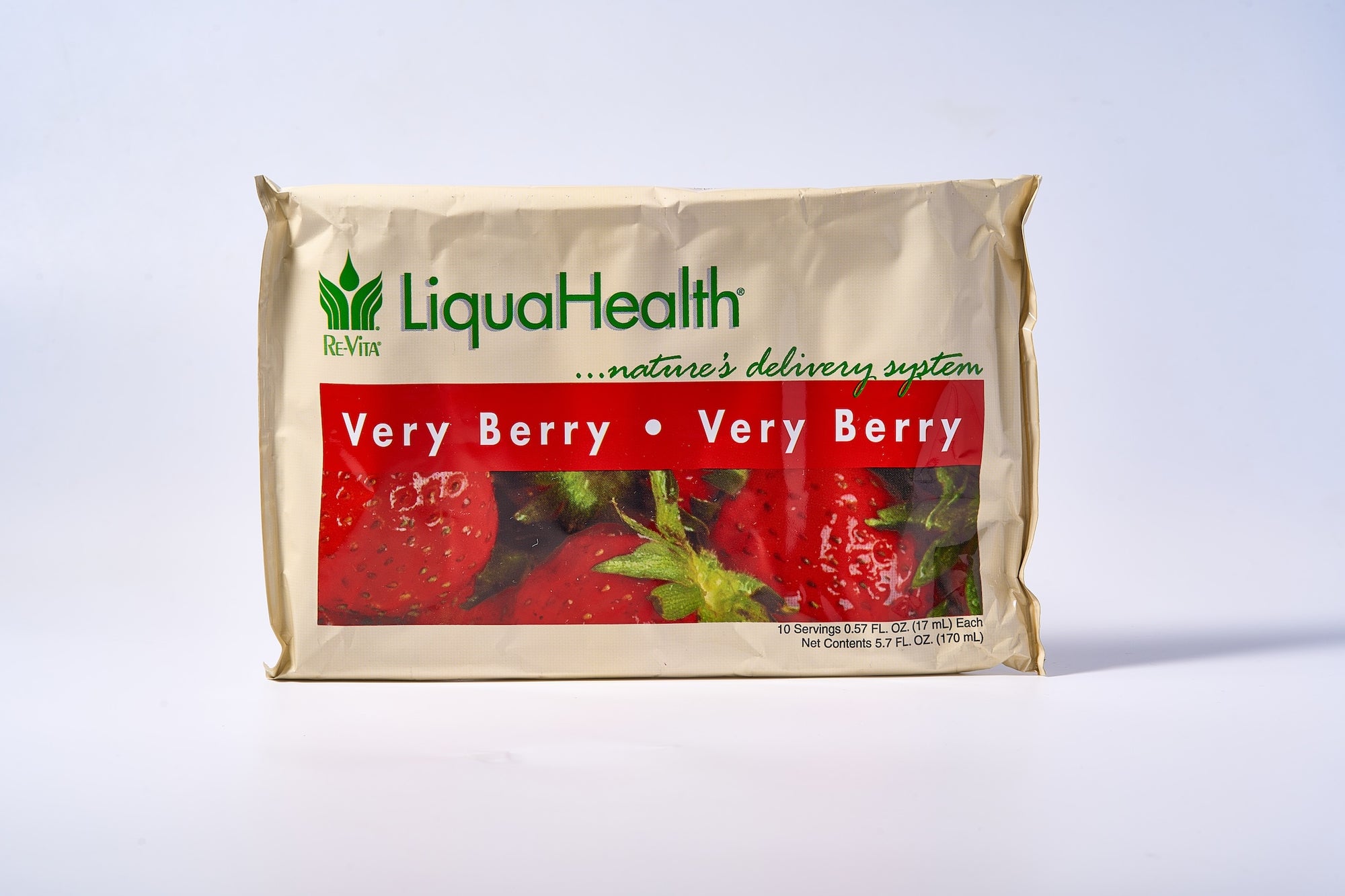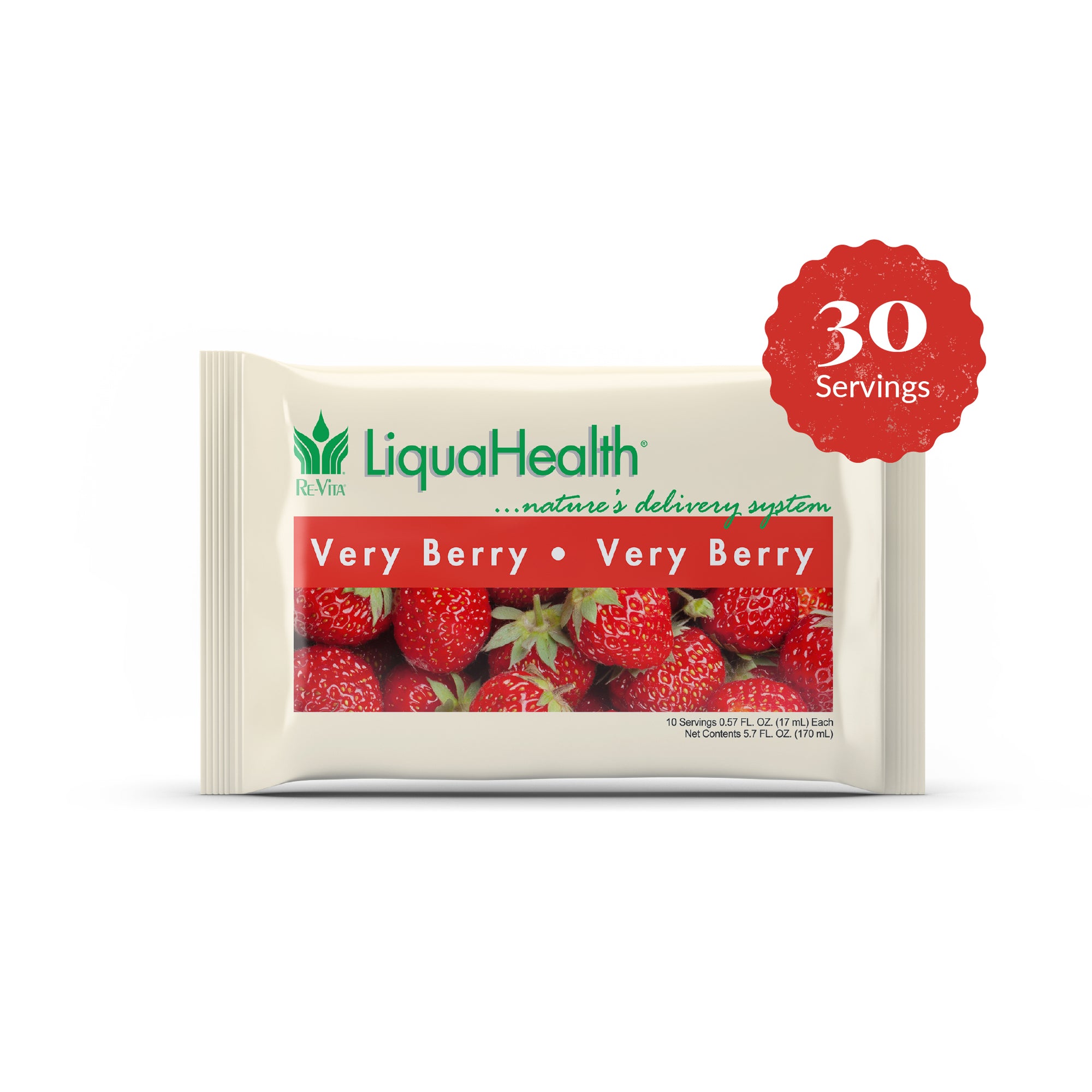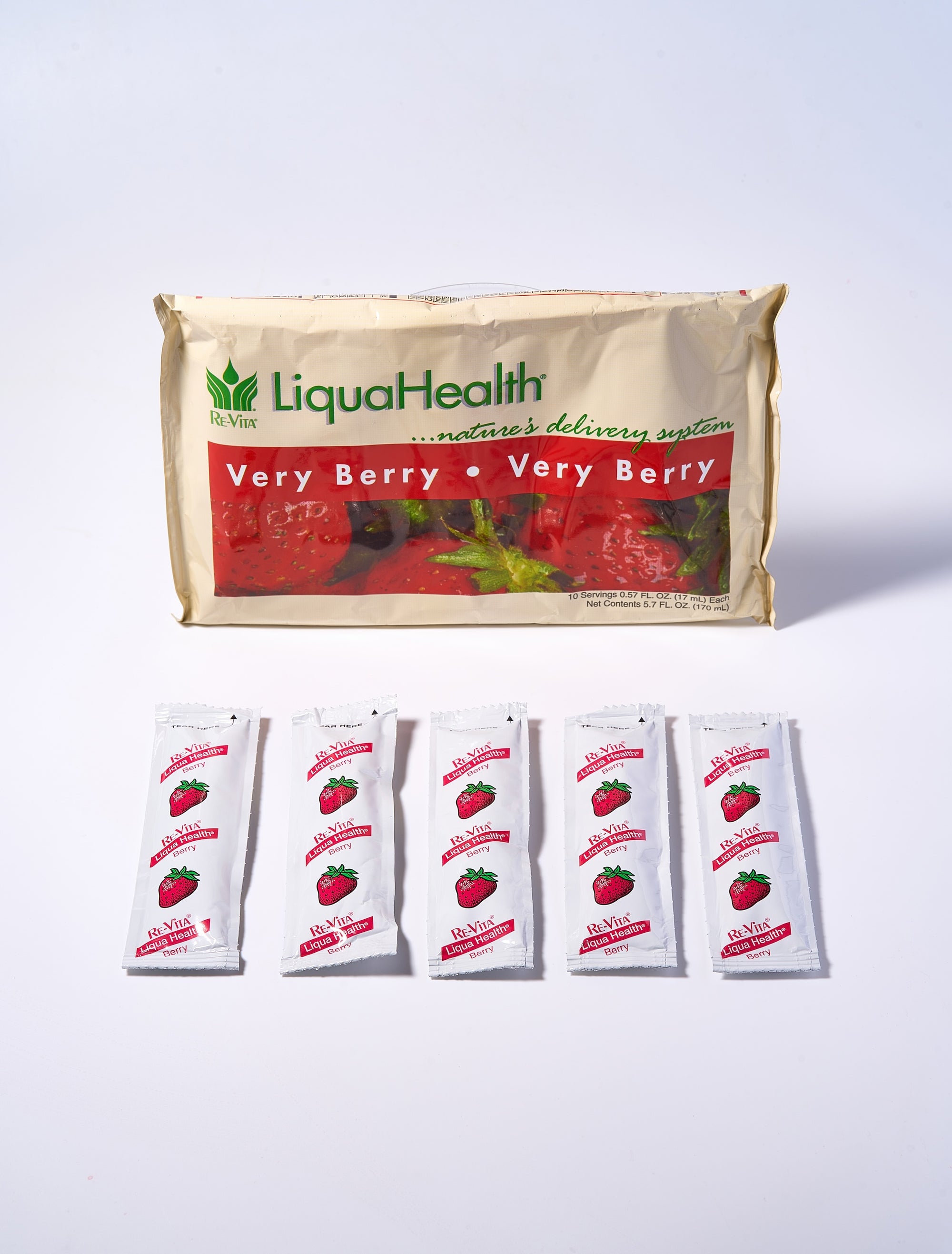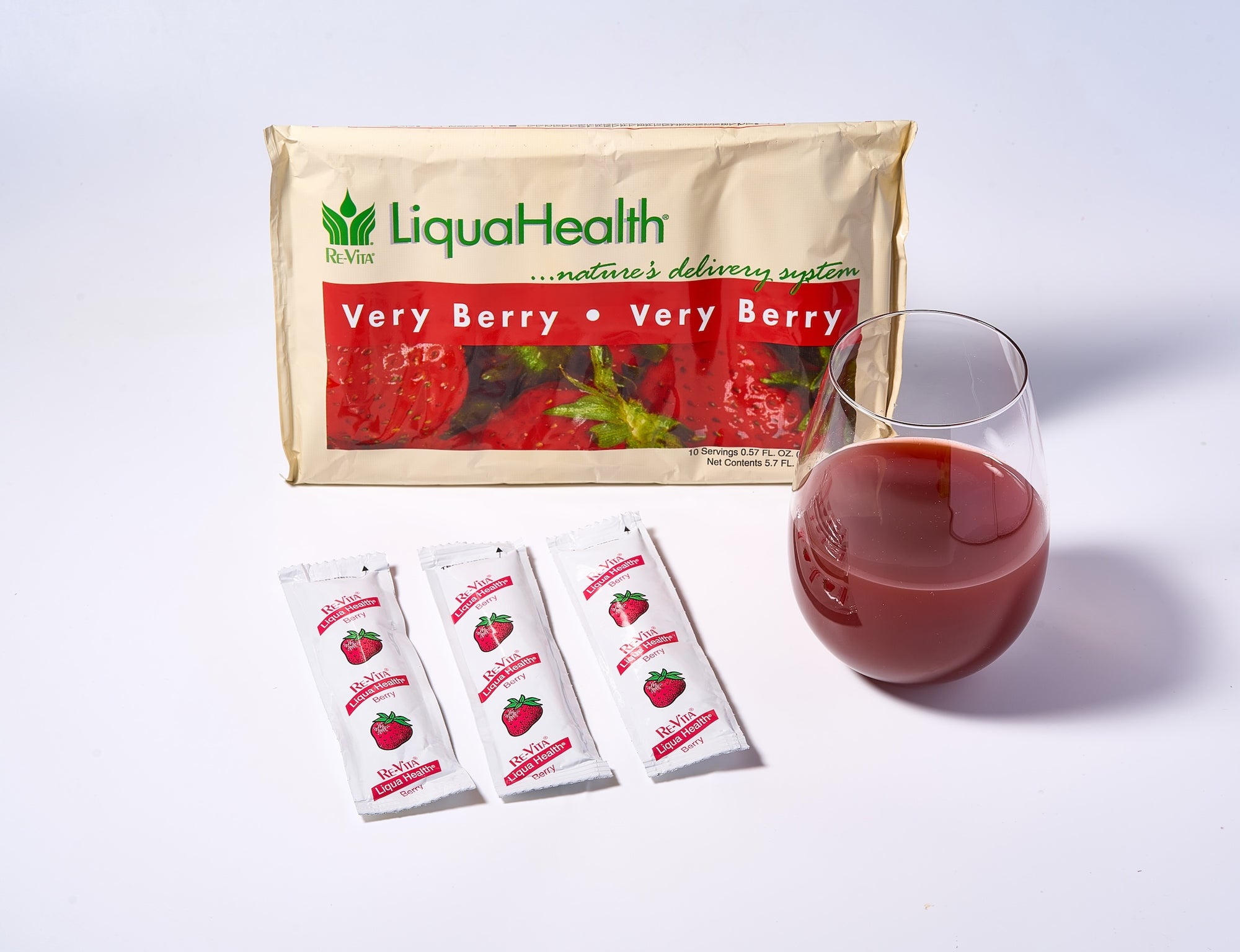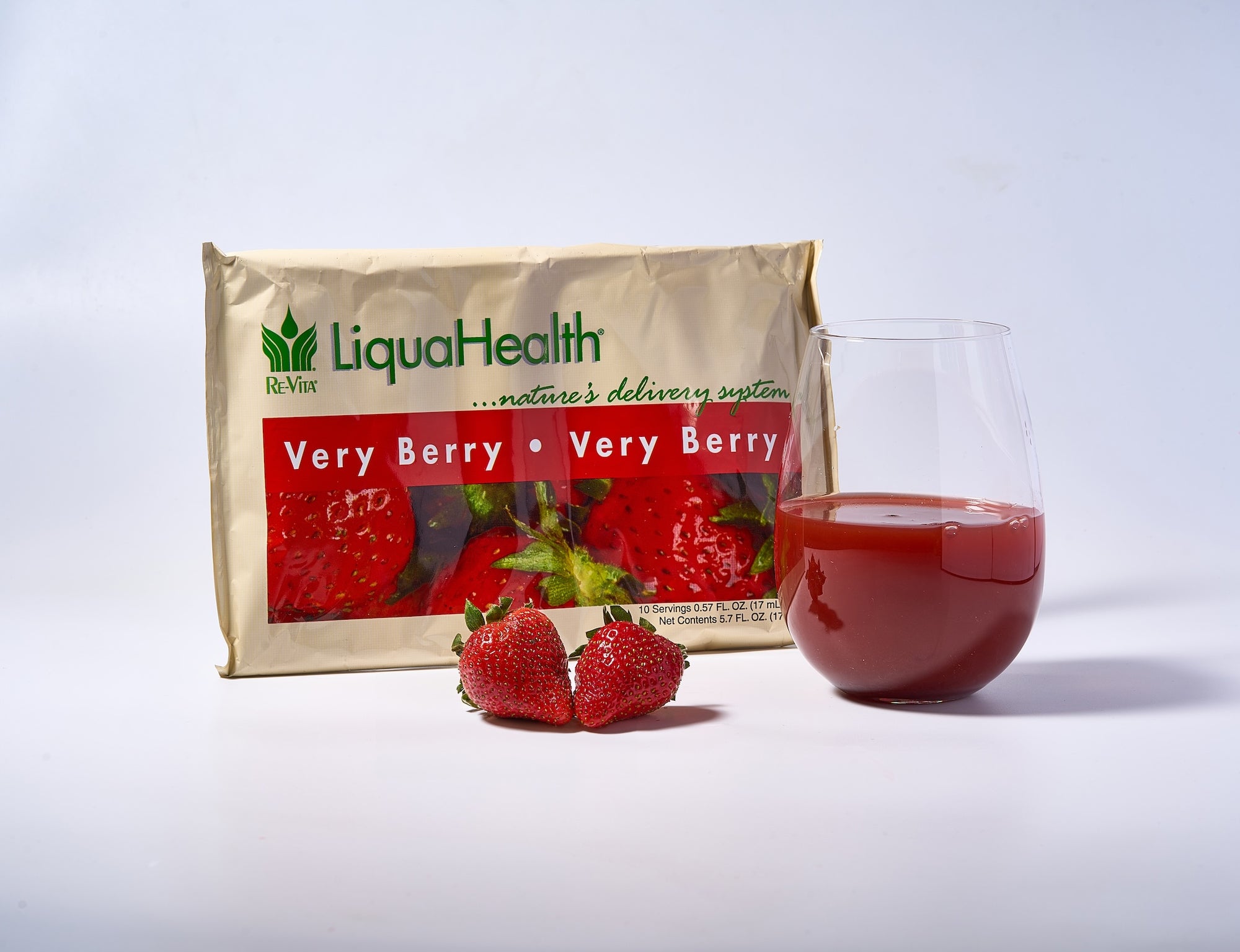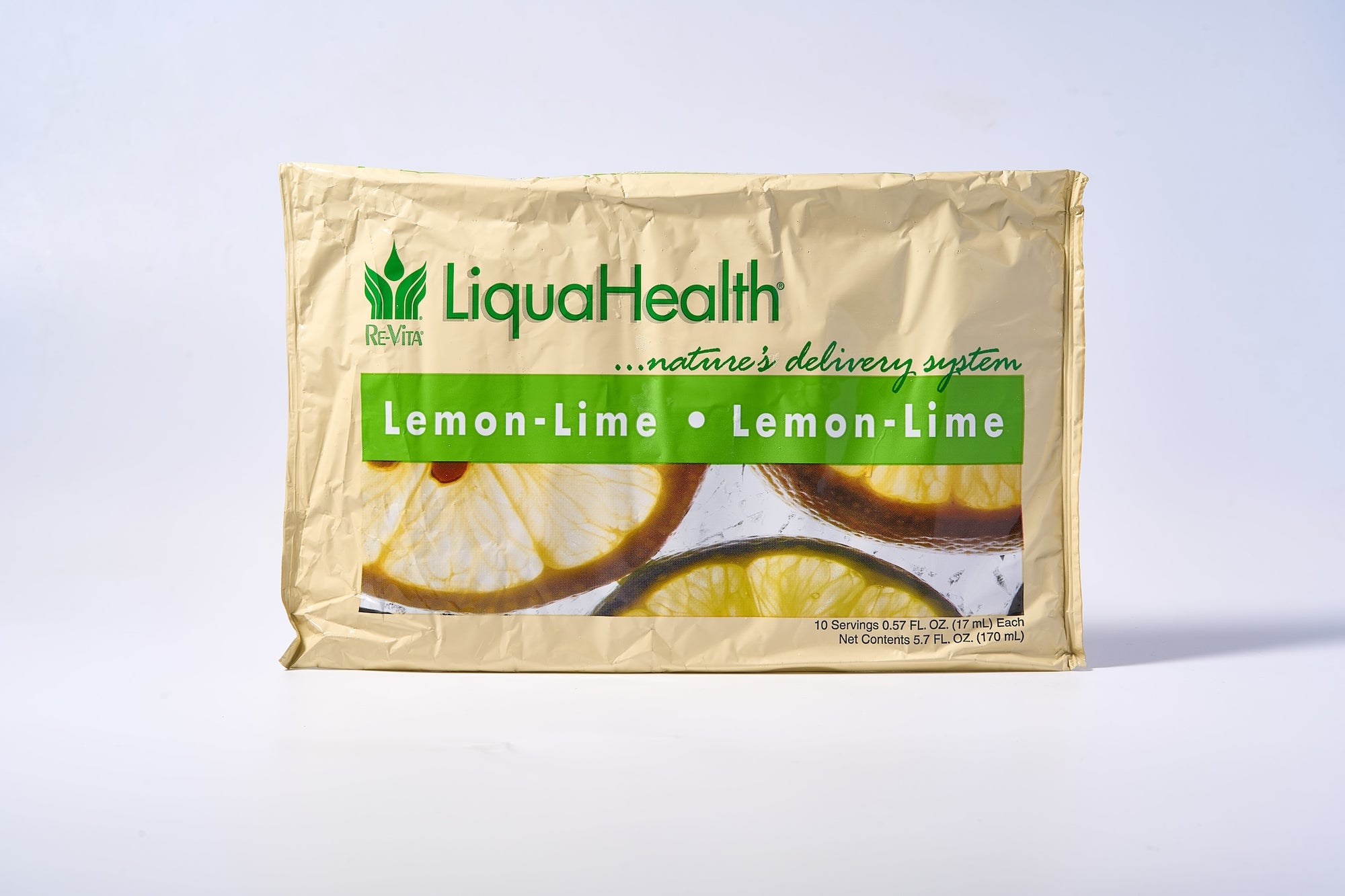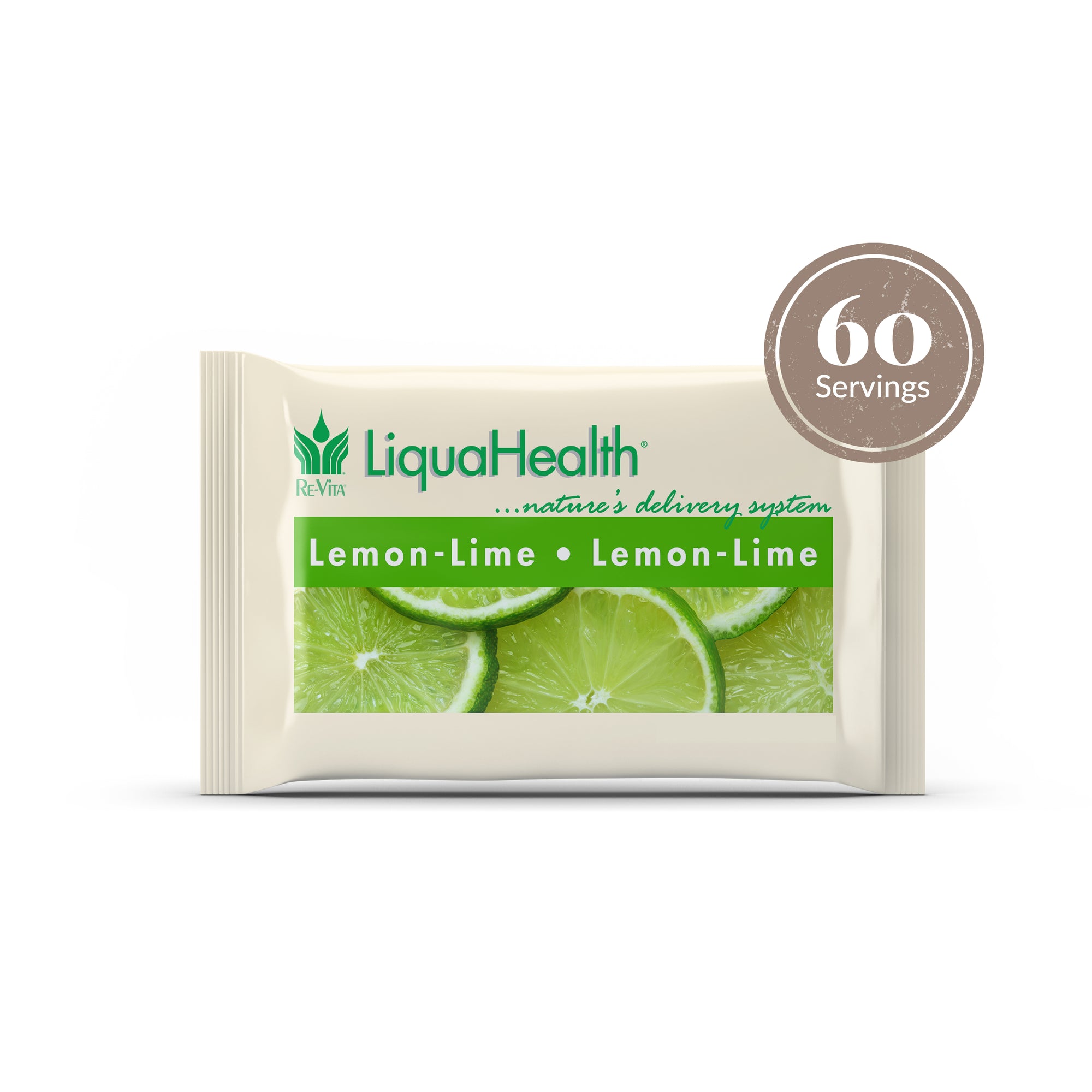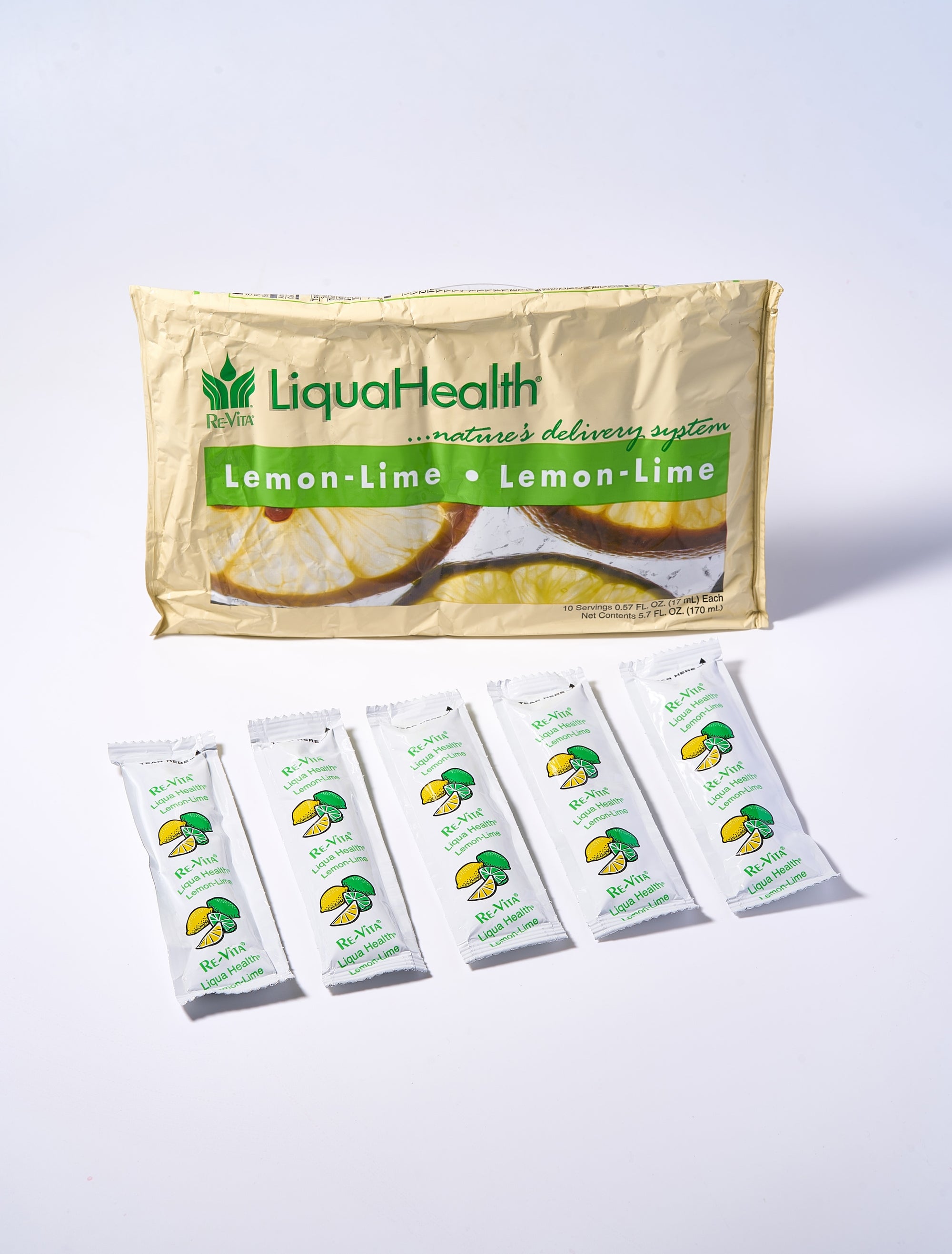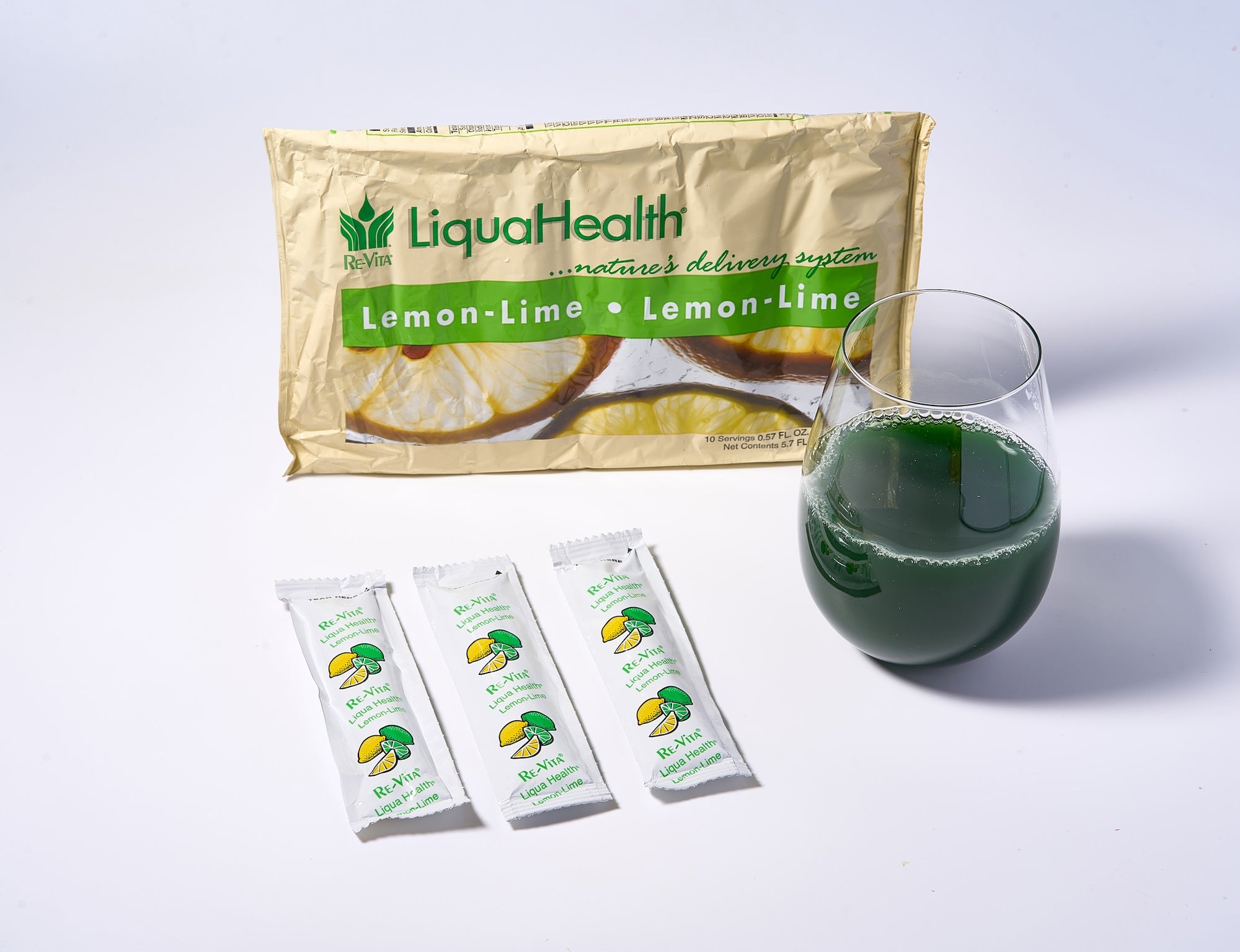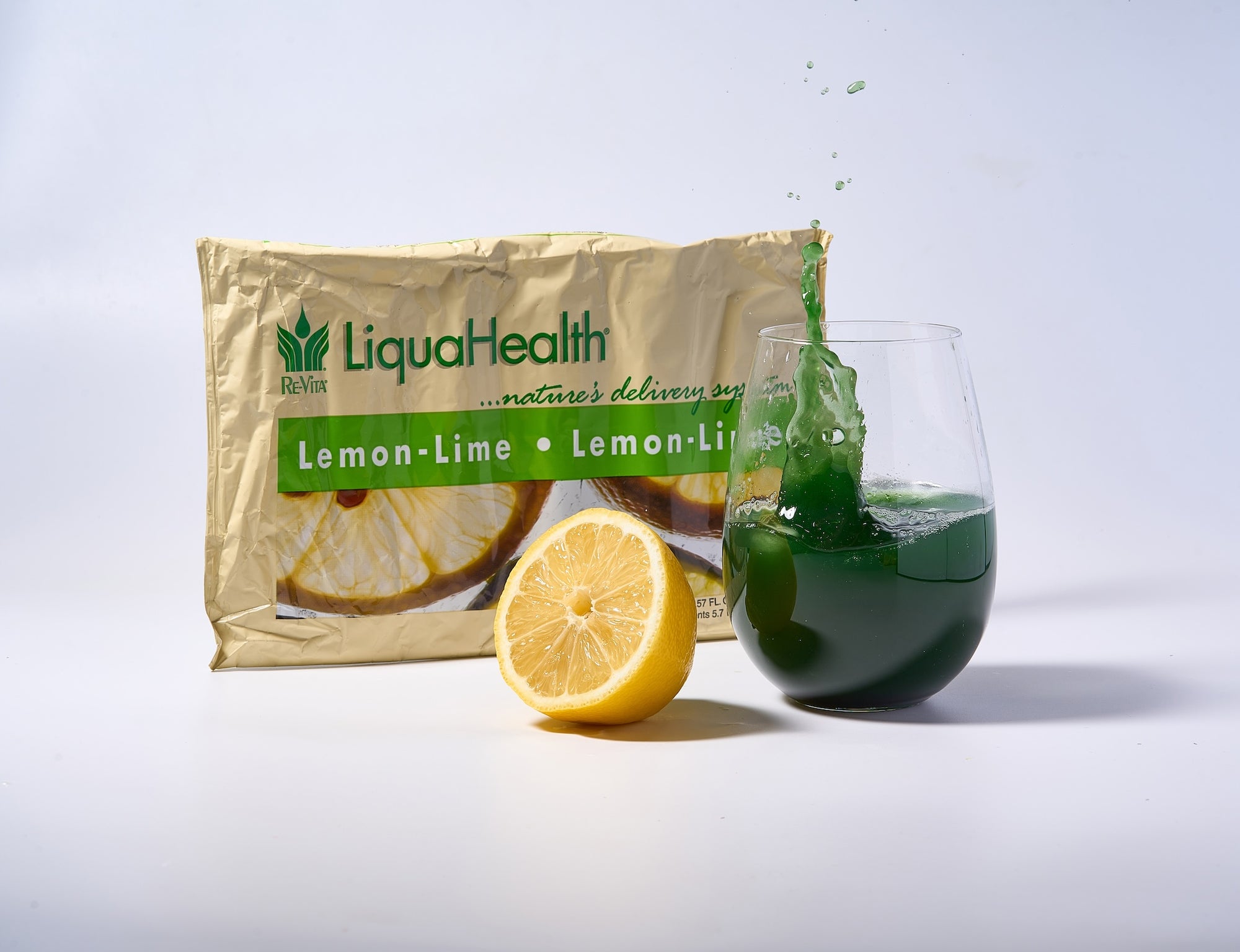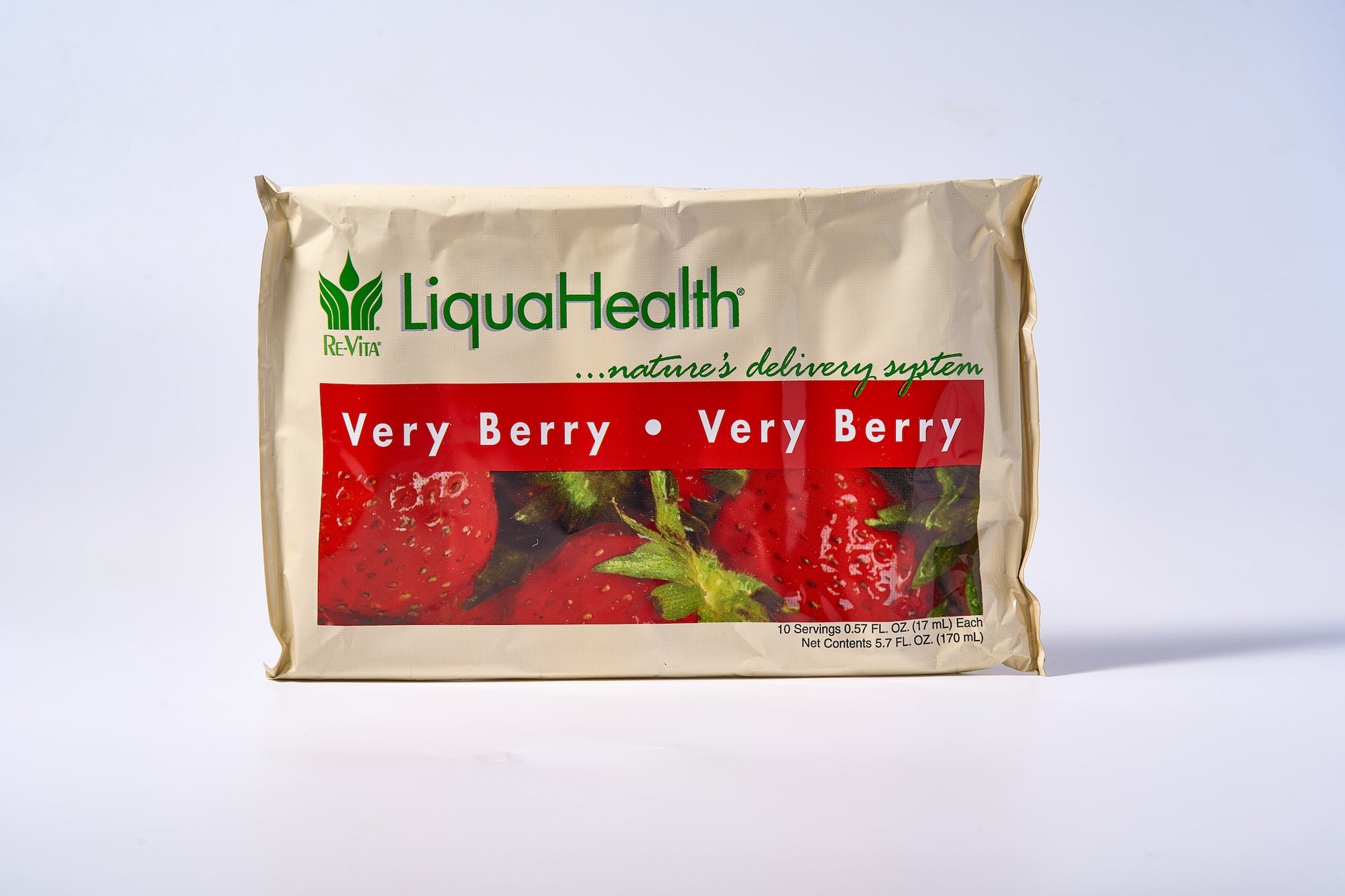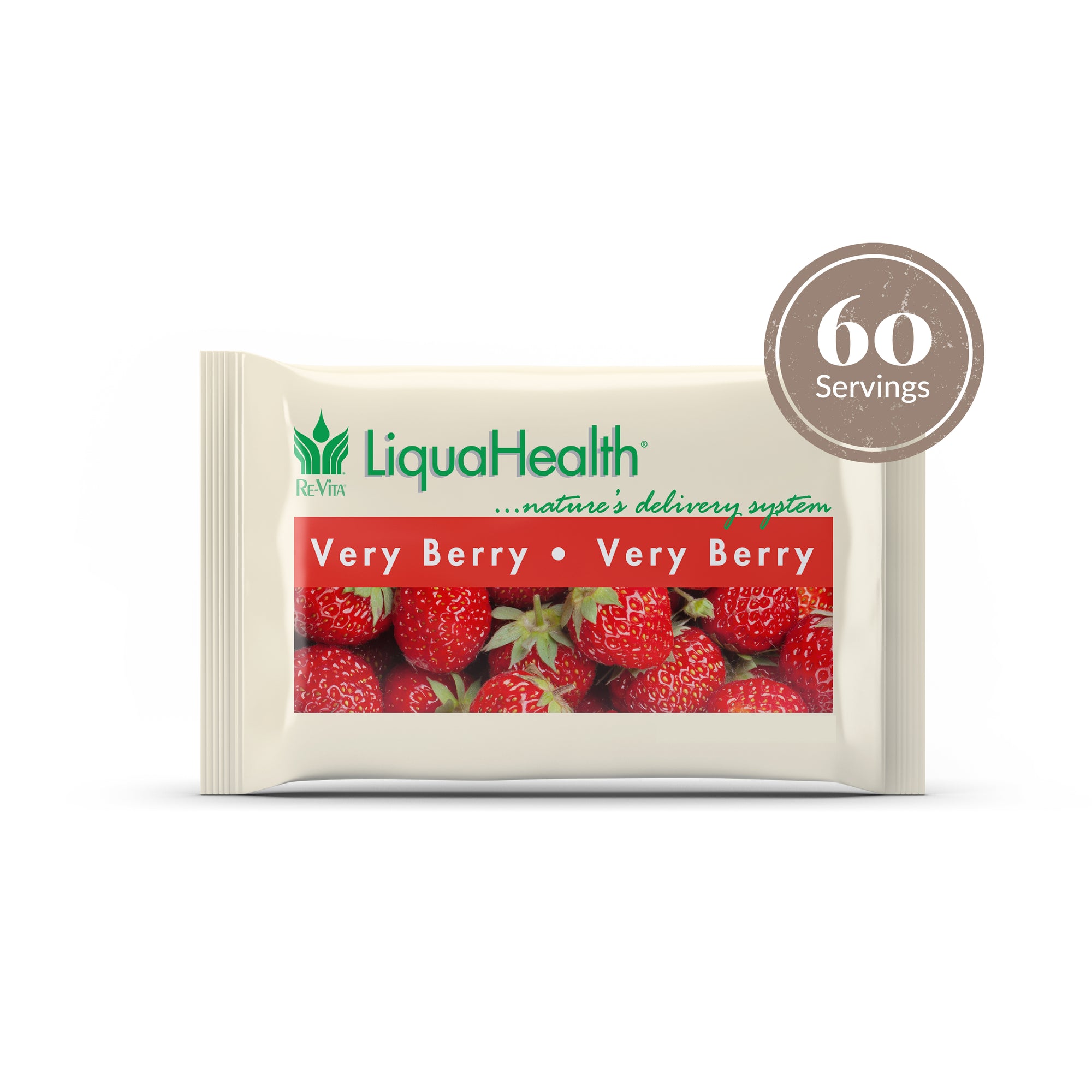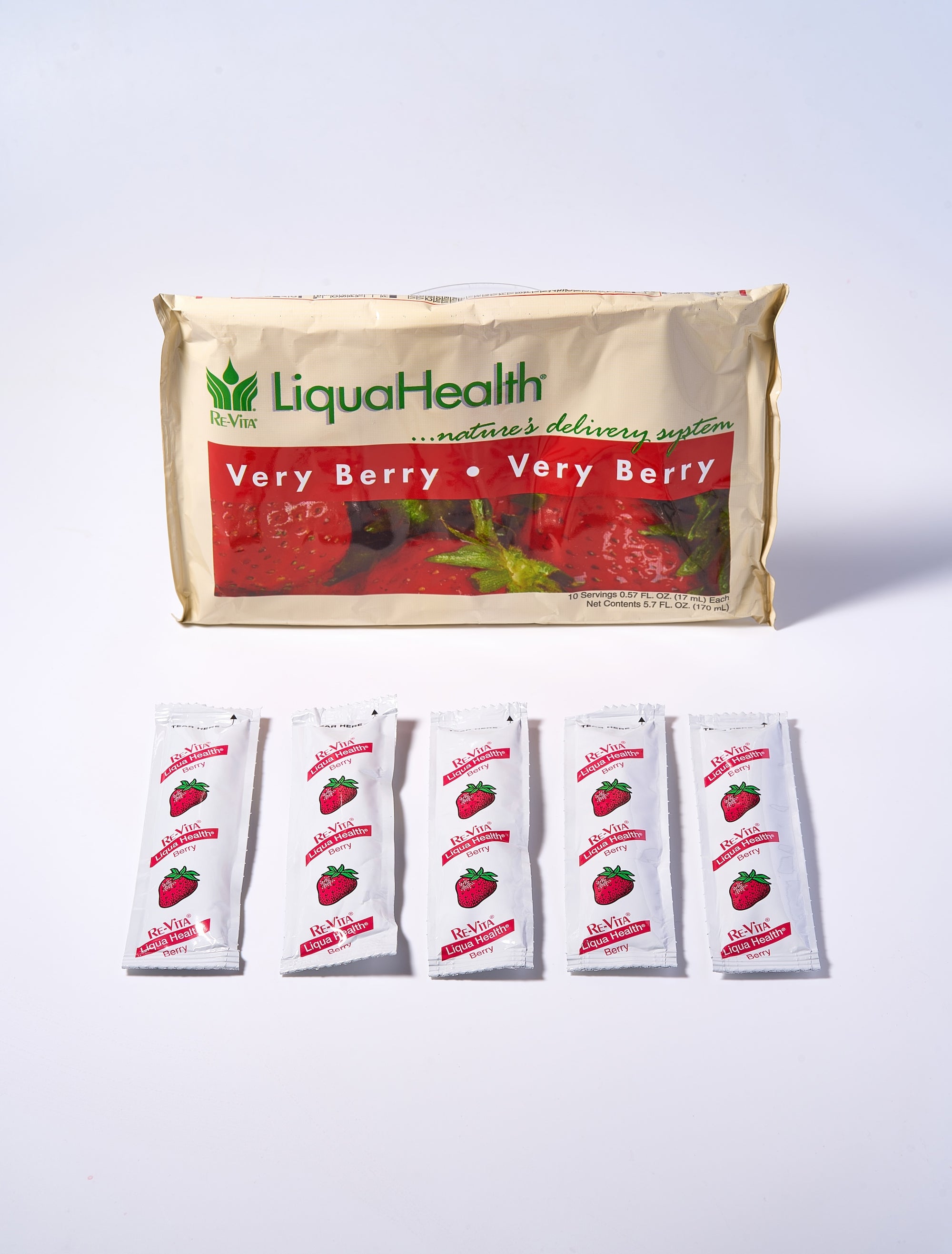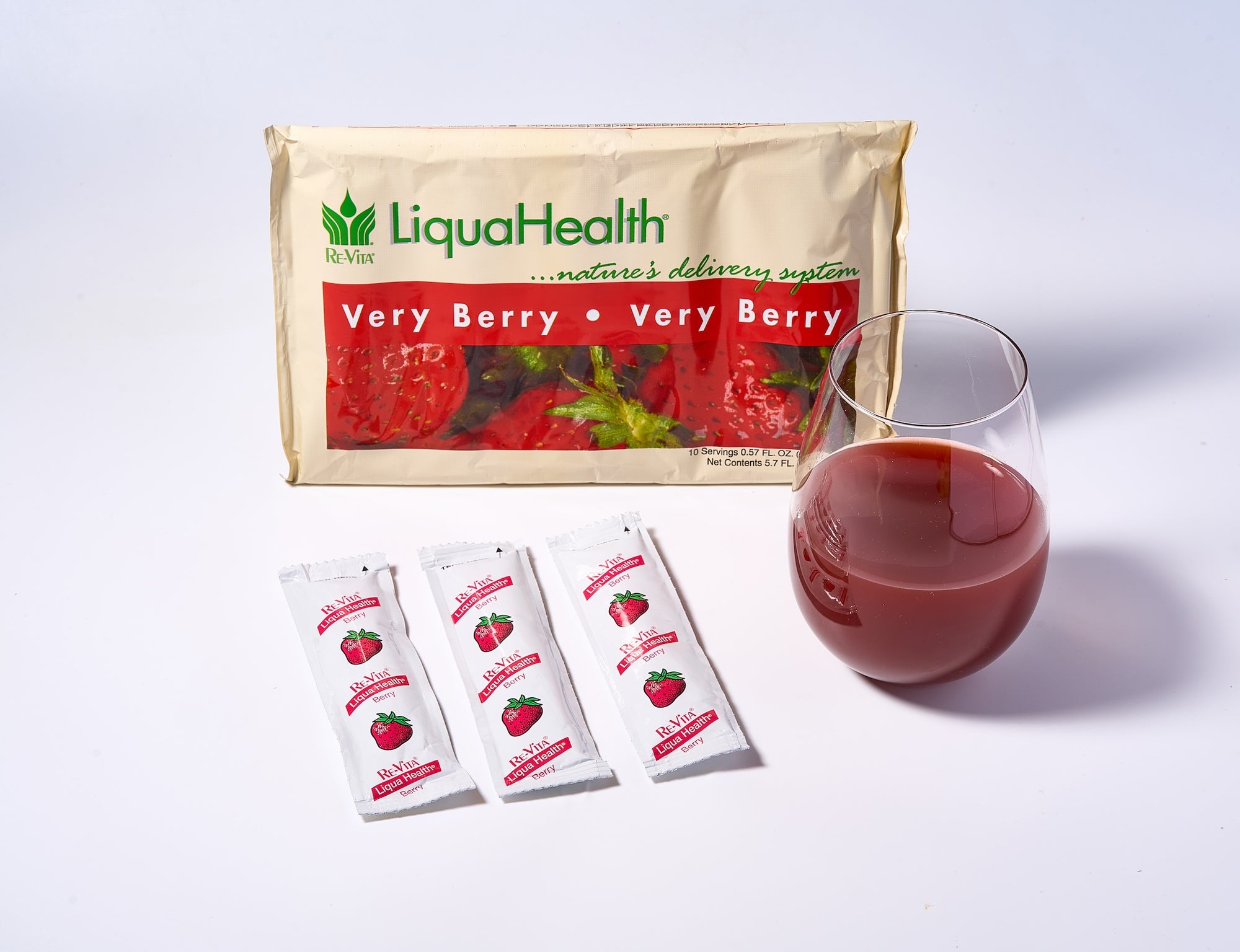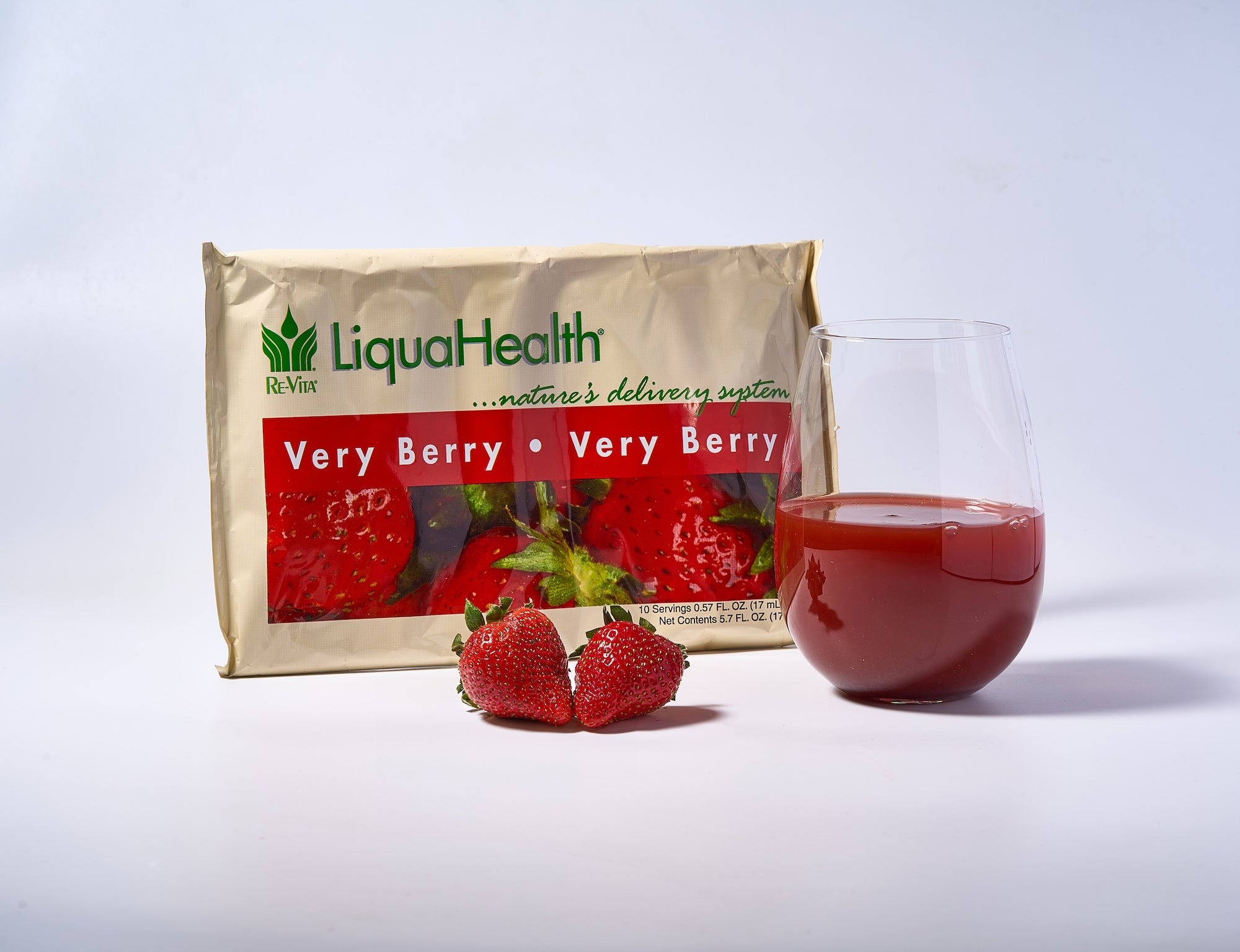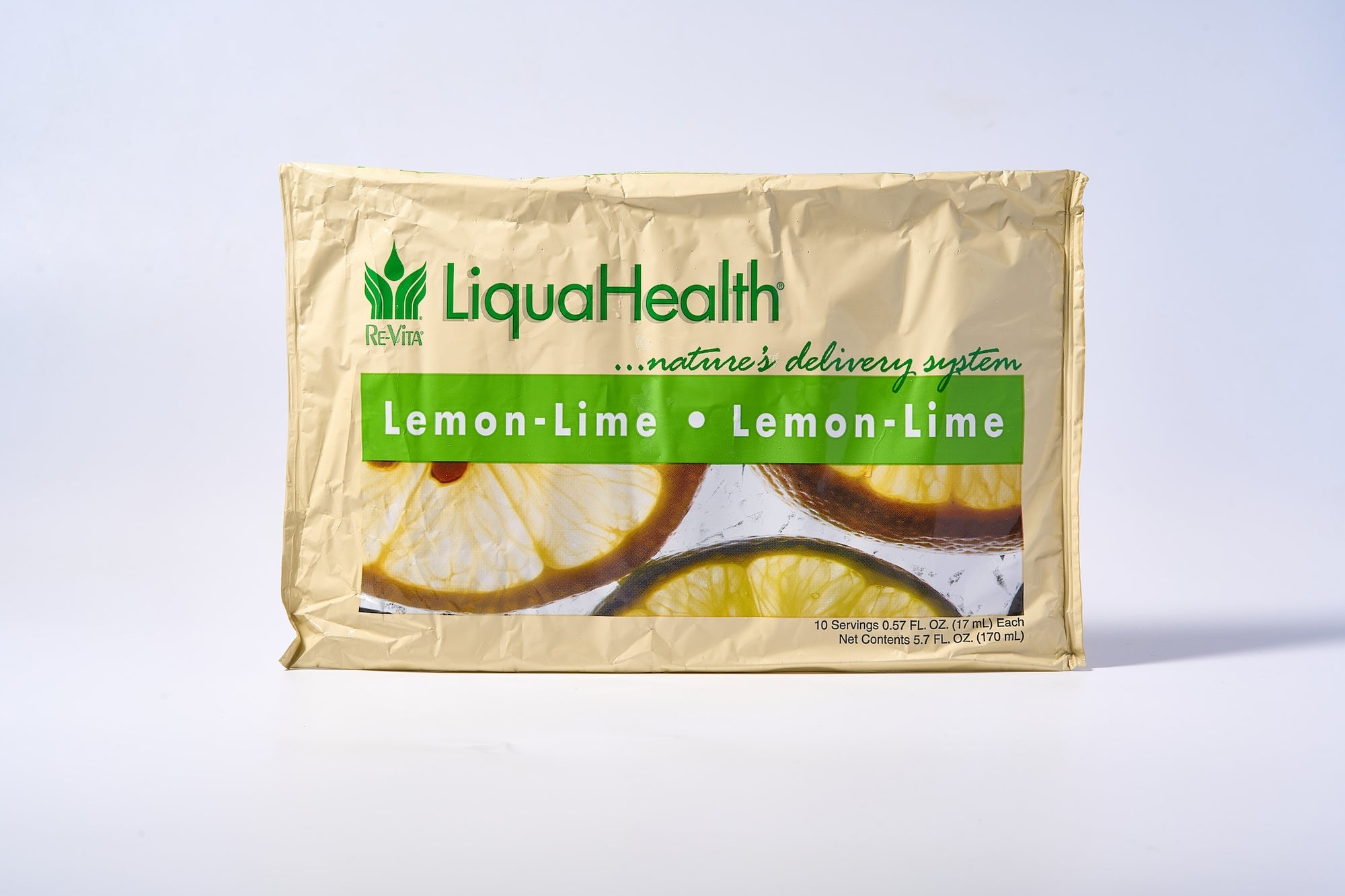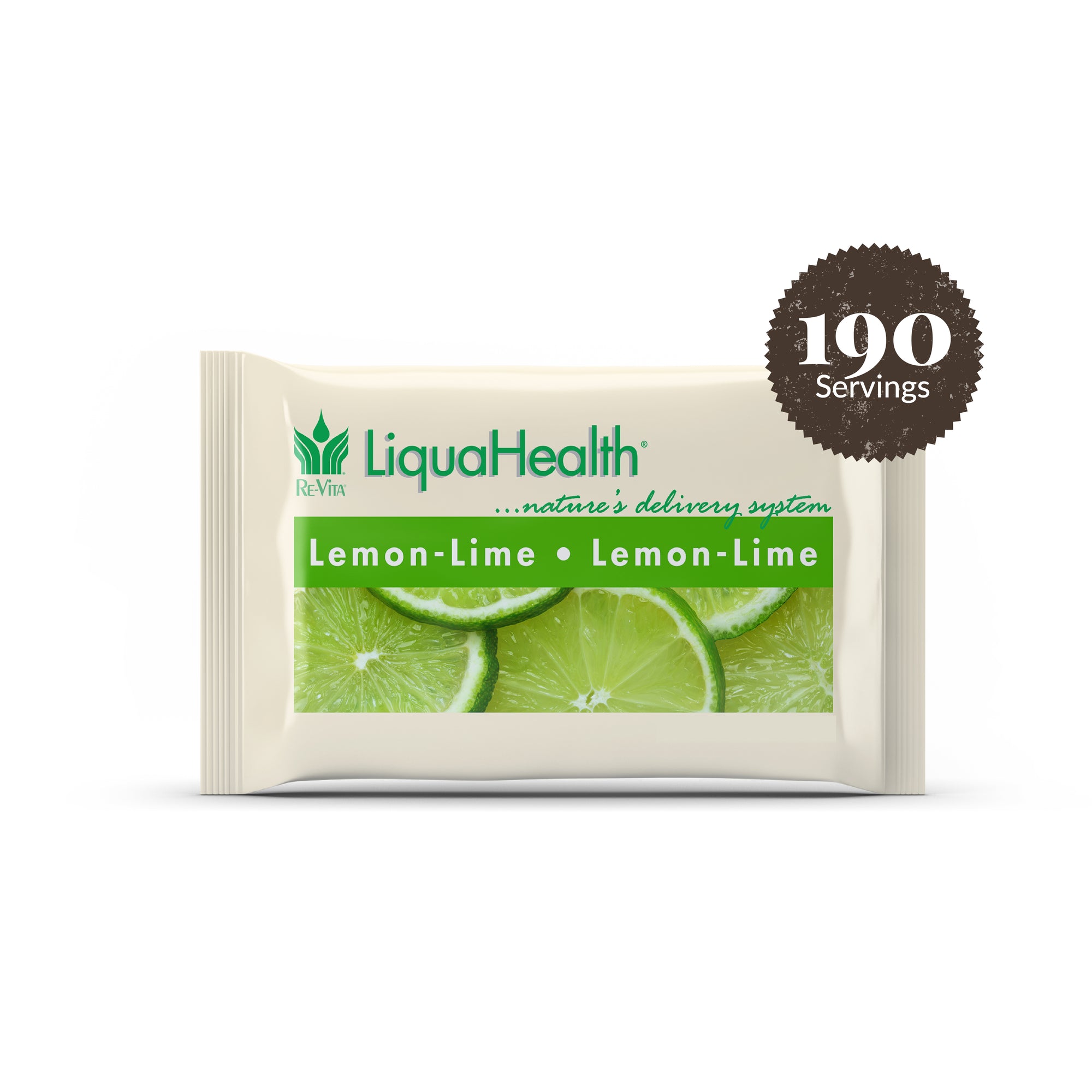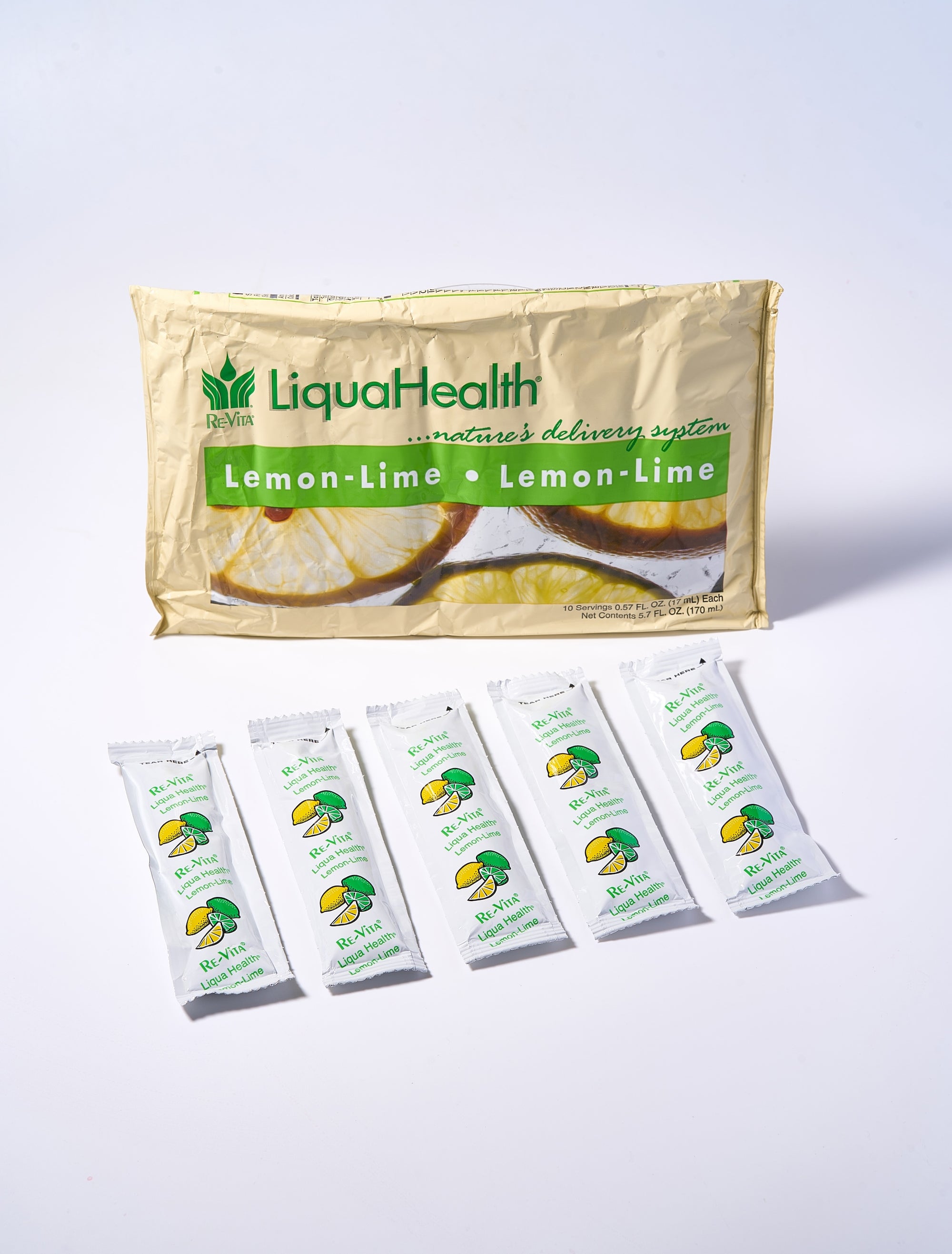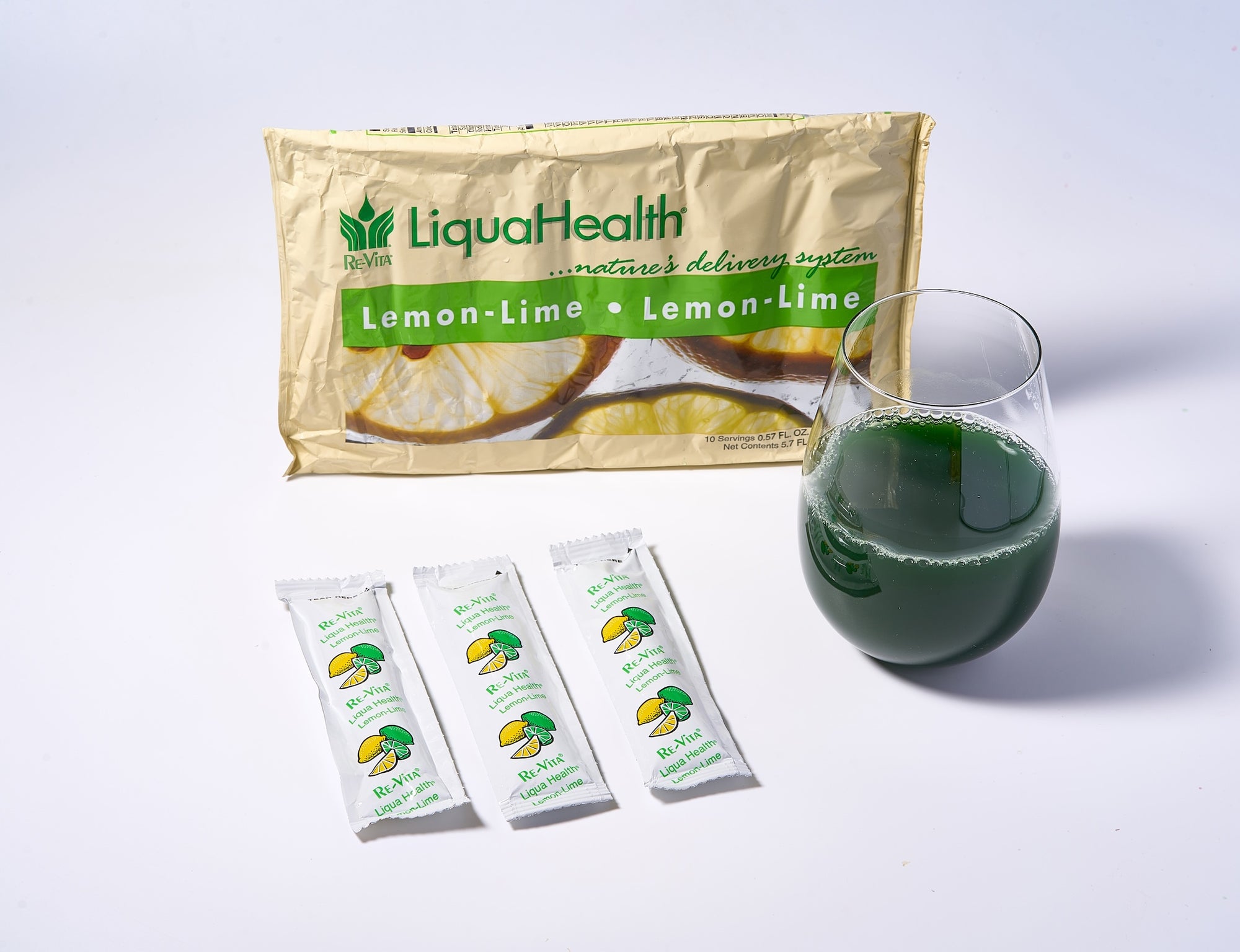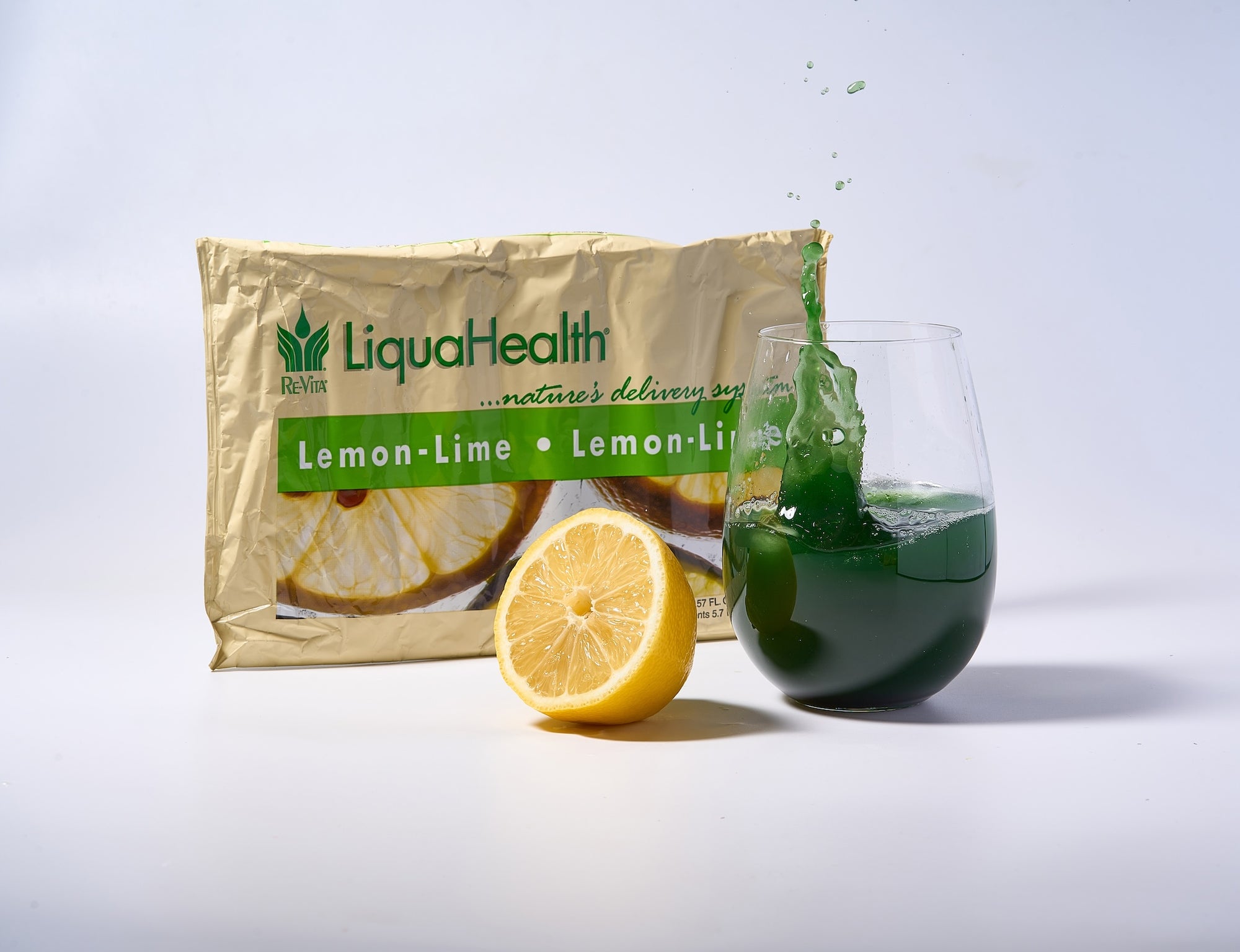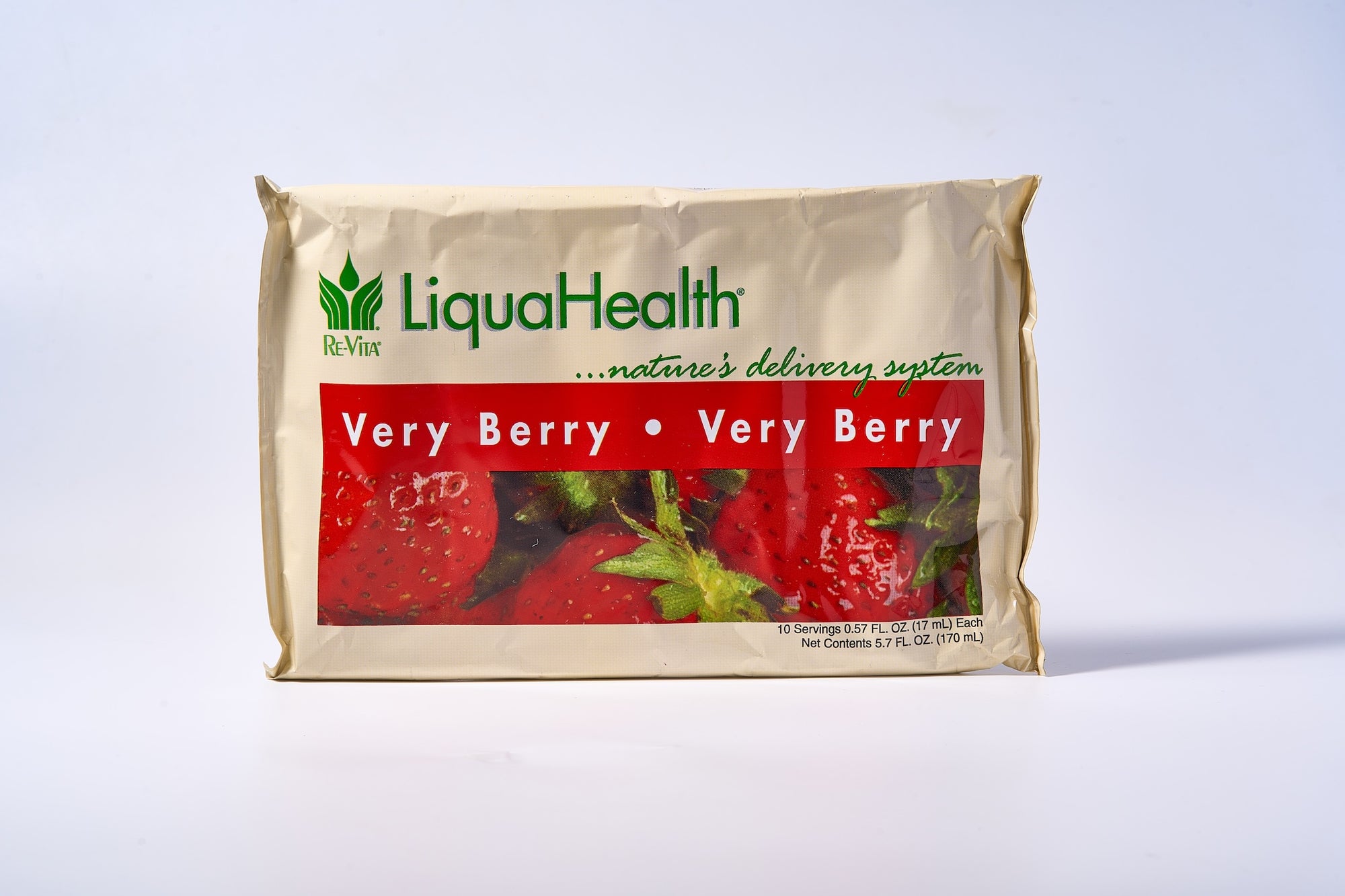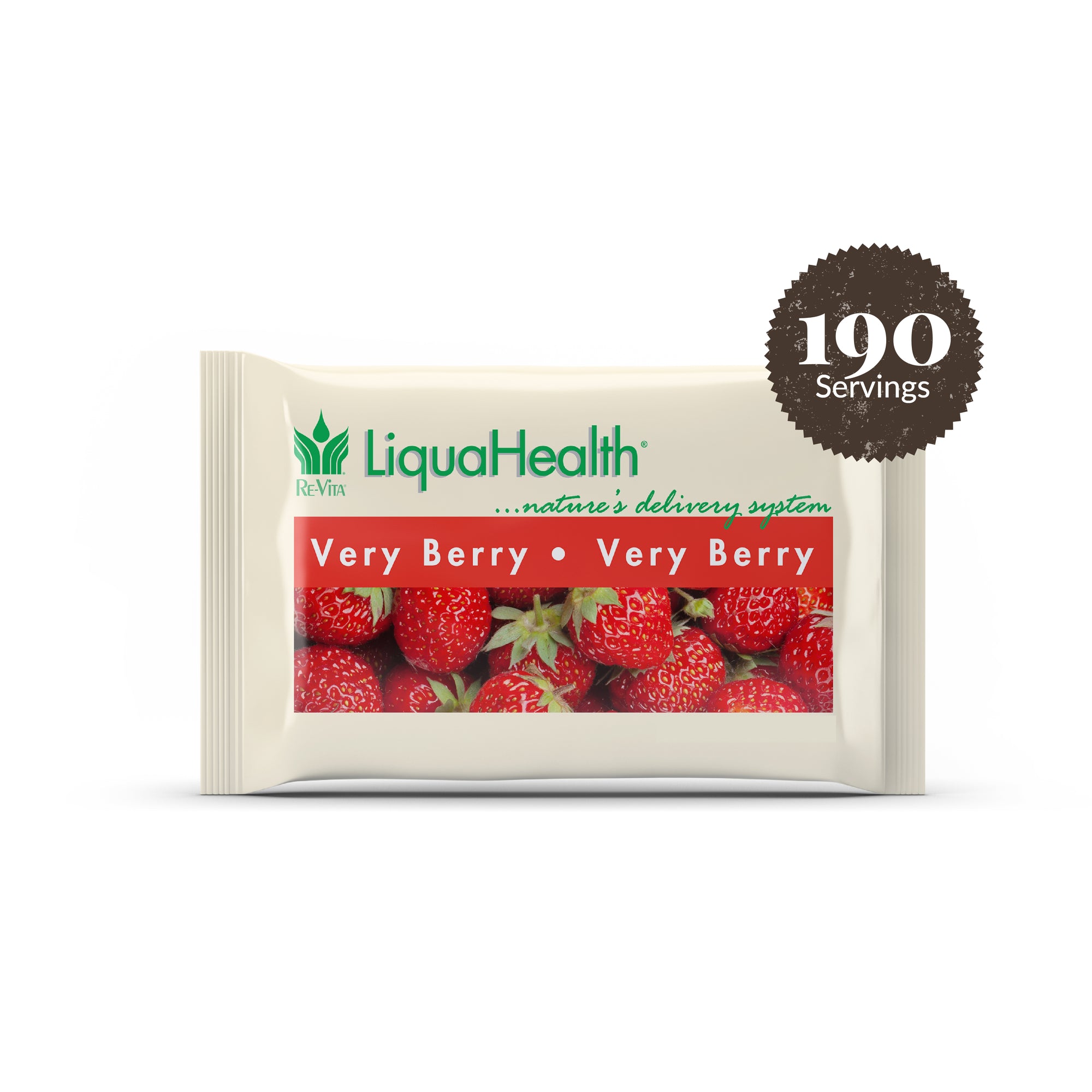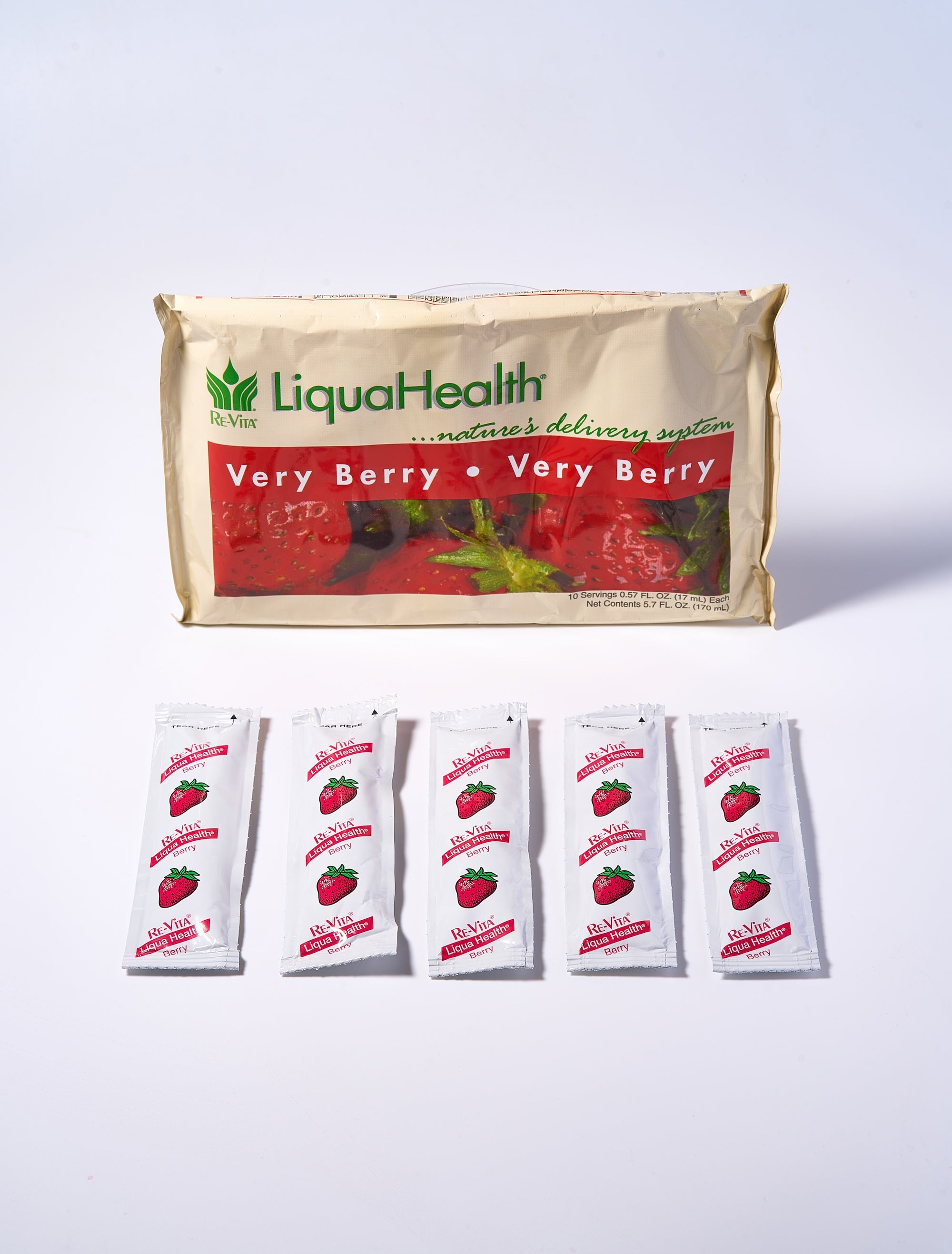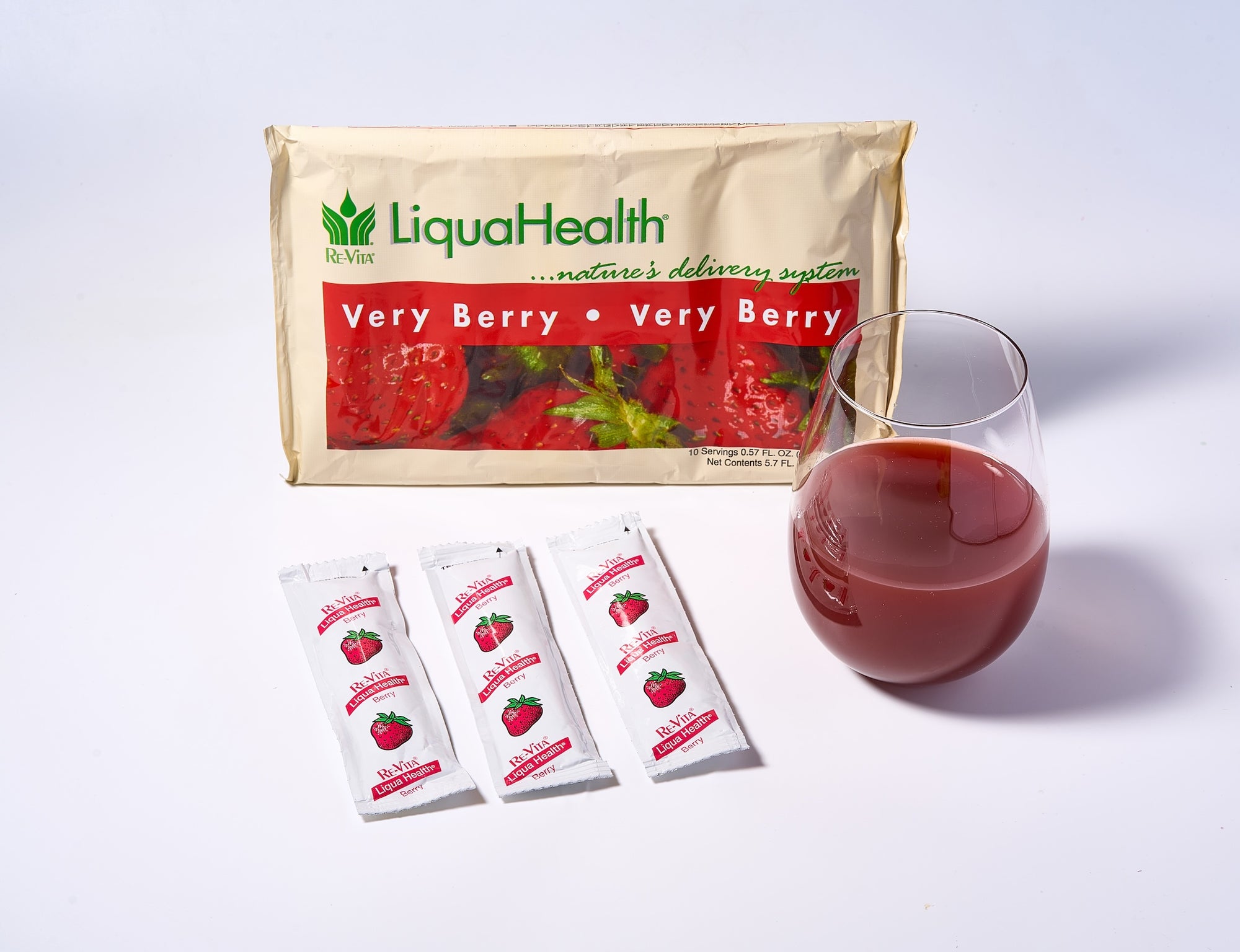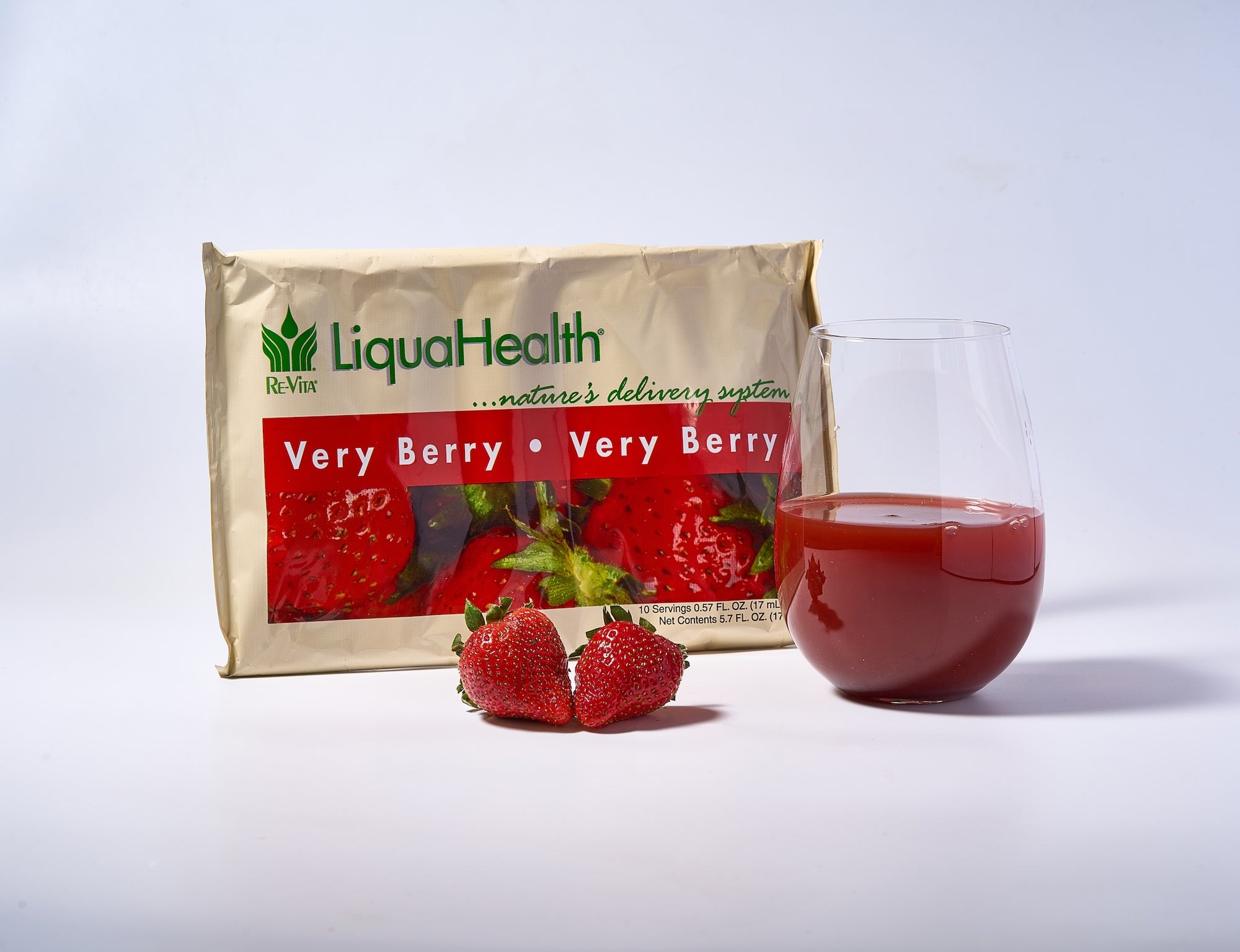
The Rate of Absorption
So, how long does it take for vitamins to be absorbed in our system? Most of the time, it comes down to the chemistry of the vitamin compound. As well as the form of the vitamin.
It’s a well-known fact that the body absorbs and processes anything in a liquid form much faster than in a solid form. And it works this exact same way with liquid vitamins. In many cases, your body can begin to absorb a liquid vitamin before it even reaches your stomach.
All in all, your gastrointestinal tract doesn’t have to work up a sweat to process a liquid vitamin. The process is far simpler and less labor-intensive.


Vitamin Dosing
When it comes down to liquid vitamins vs pills and which is better, you also need to consider your vitamin dosing. The efficacy of a liquid vitamin depends on the amount of the dose in order to reach optimum vitamin levels.
If you need to take a particular vitamin for a therapeutic reason, this is where liquid vitamins are super beneficial. You can get a far higher dose of vitamins in liquid form, and you can ingest it in one go, rather than multiple times a day.
This makes for greater bioavailability and convenience for you!
Vitamin Bioavailability
Speaking about bioavailability, liquid vitamins are more beneficial for this process.
This is because your body simply partitions liquids during their breakdown. This, in turn, improves their bioavailability. In short, liquid vitamins become all the more available and ready for absorption, much faster than any other vitamin form.
It’s worth noting that vitamins in pill and capsule form have a lower rate of bioavailability. This is because of the other compounds, fillers, and bonding agents in their end-product. In other words, it takes longer for the body to break down these compounds, slowing down their rate of bioavailability.

The Benefits of Liquid Vitamins
Aside from the above-mentioned physiological benefits, liquid vitamins have a few other practical perks. It’s a good idea to switch to liquid vitamins if:
· You’re looking to take a higher dose of vitamins in a smaller quantity
· You have difficulty swallowing hard pills or capsules
· You’ve undergone gastric surgery and need easy-to-digest vitamins
· Convenience for seniors who need to take multiple vitamins a day
